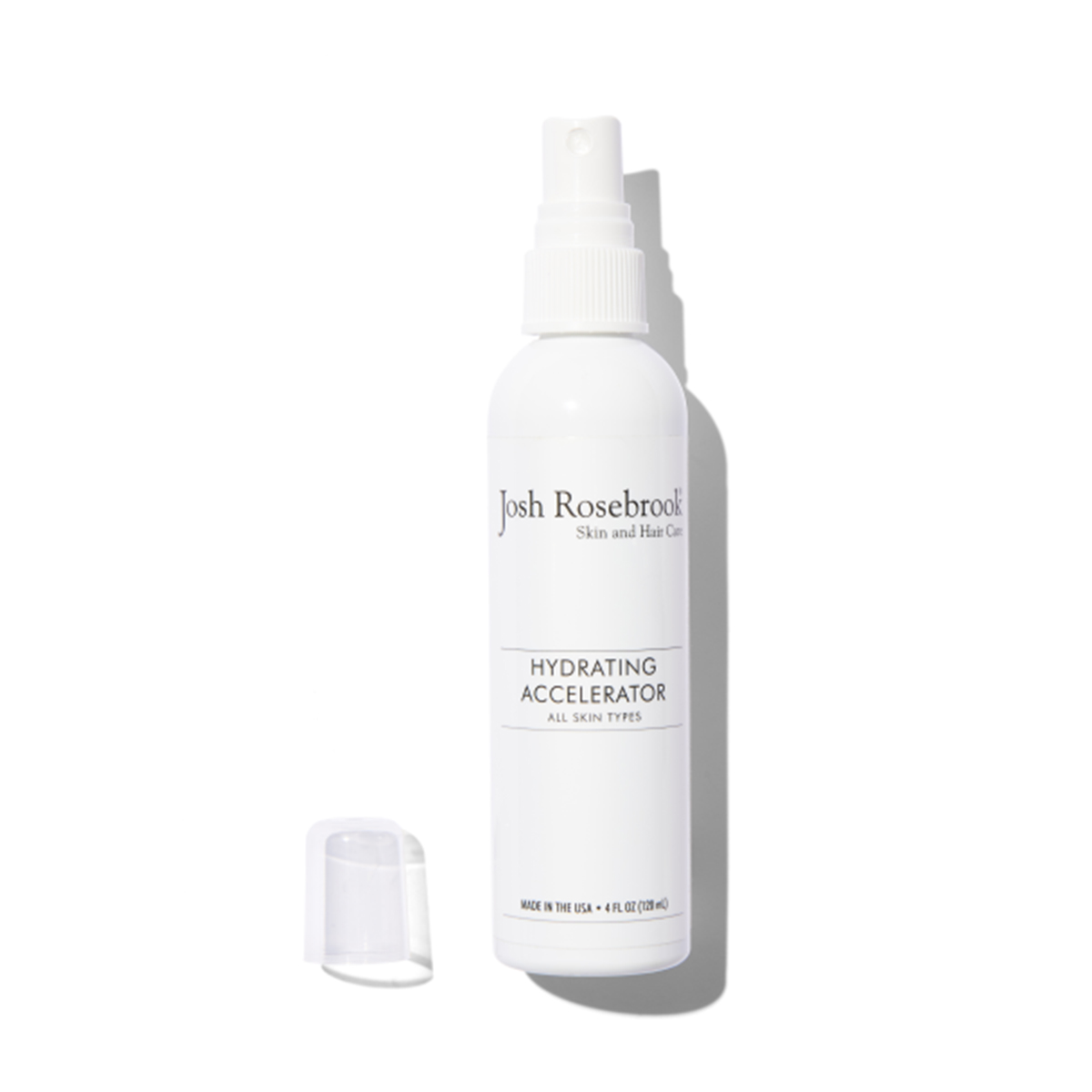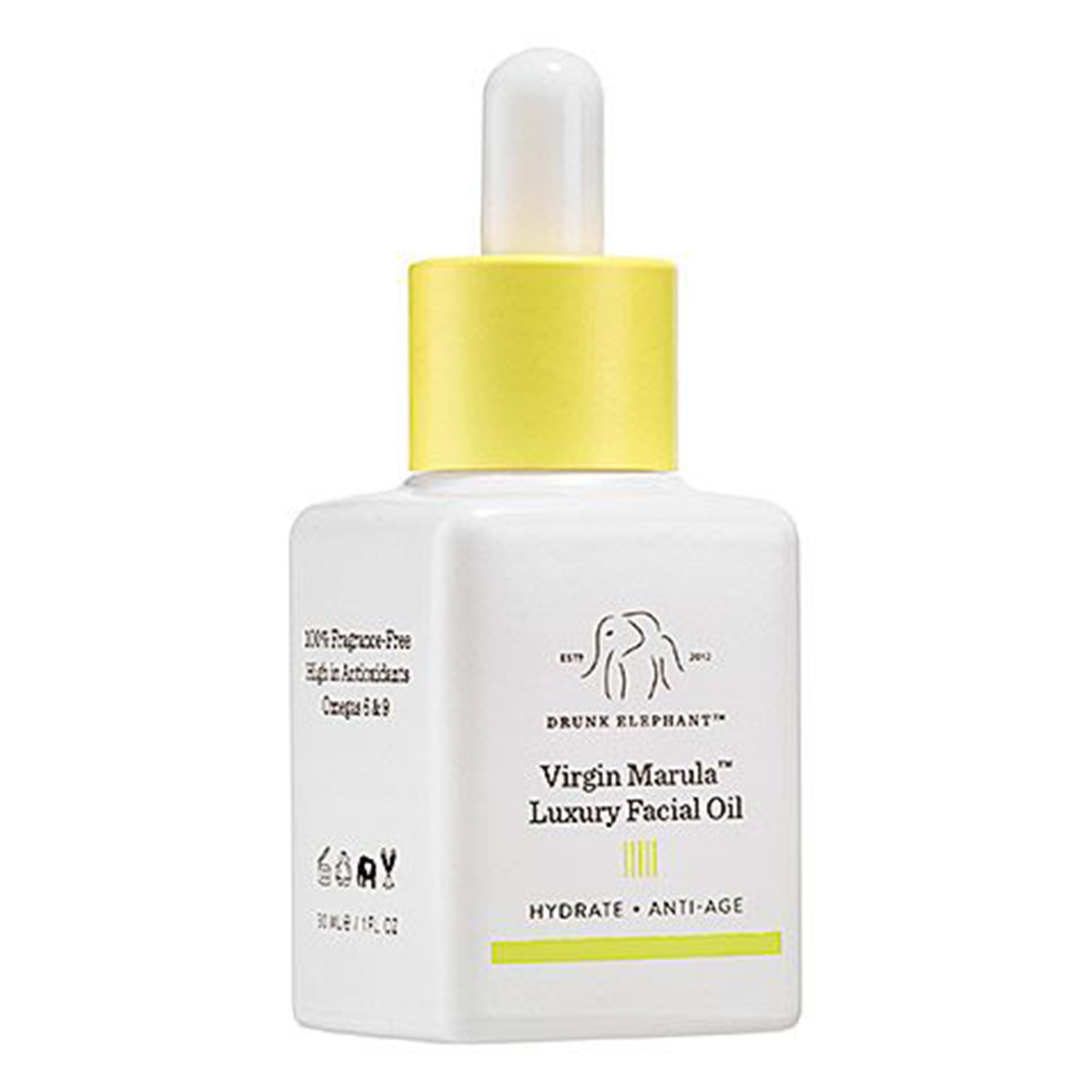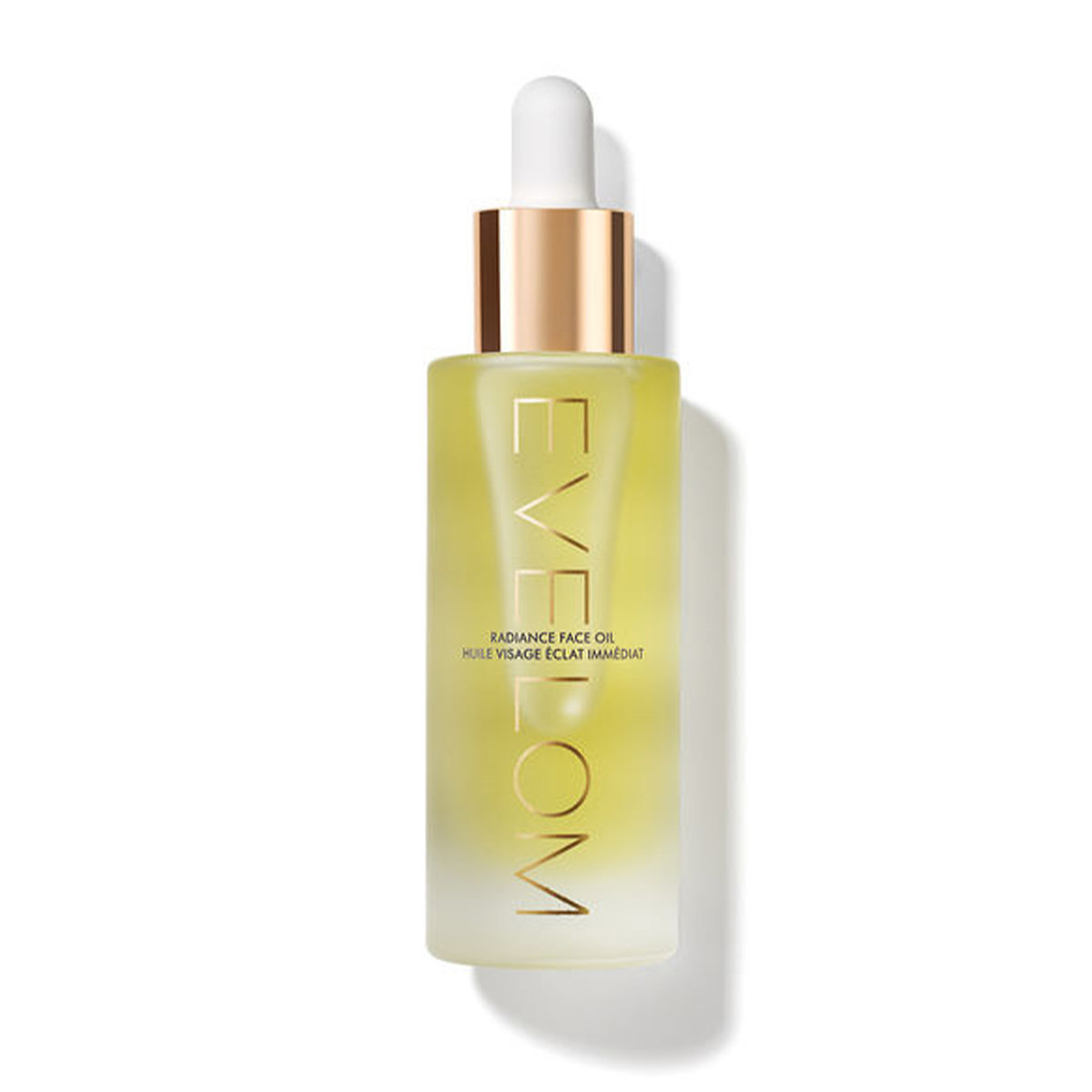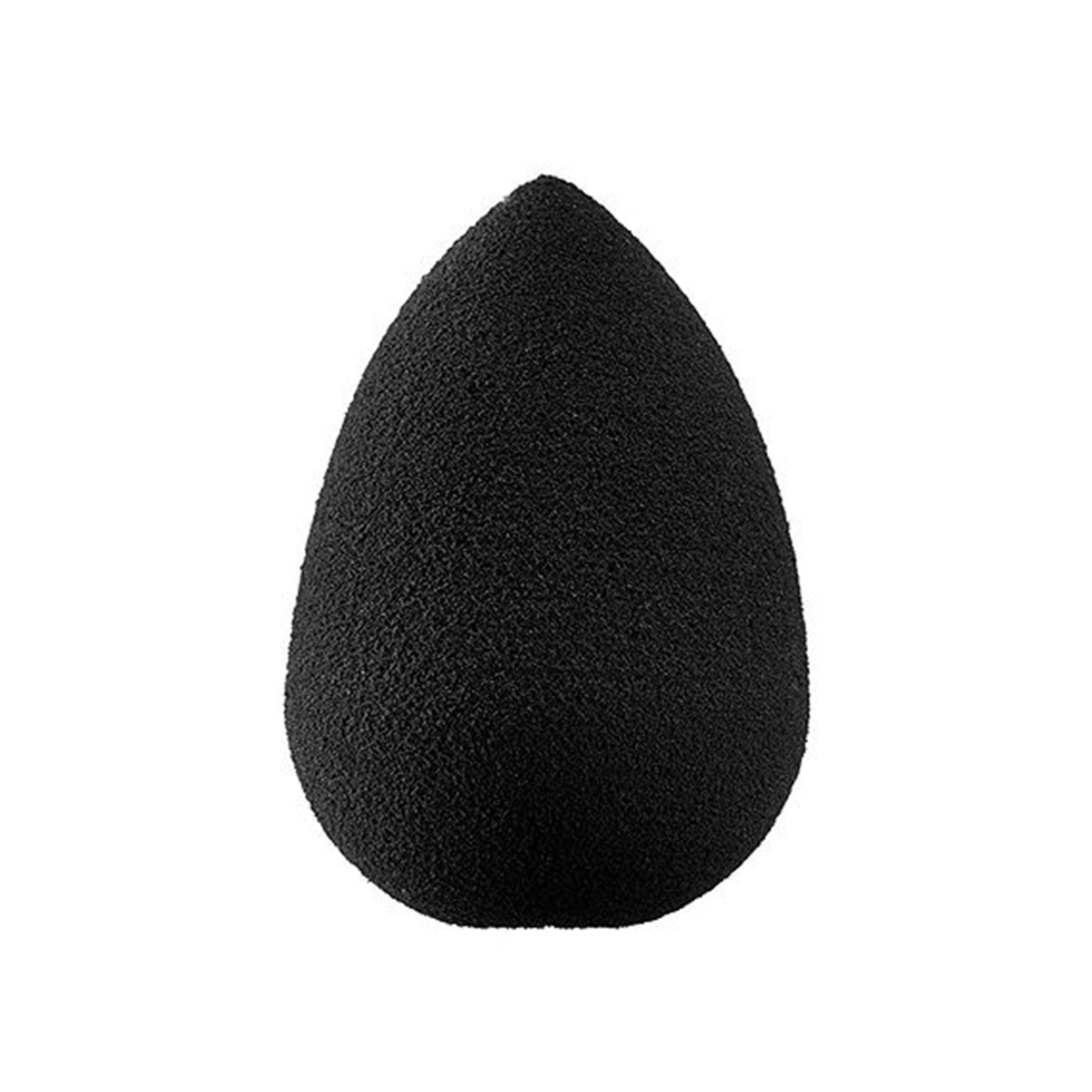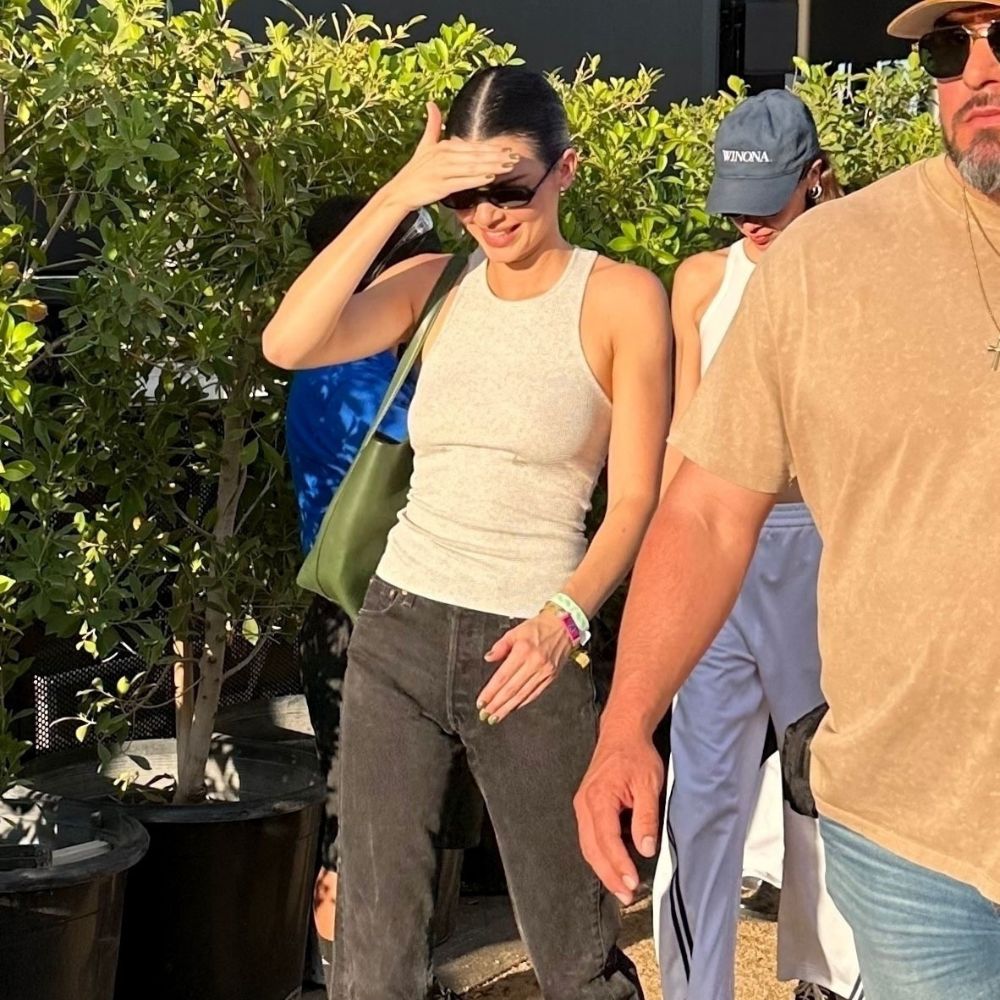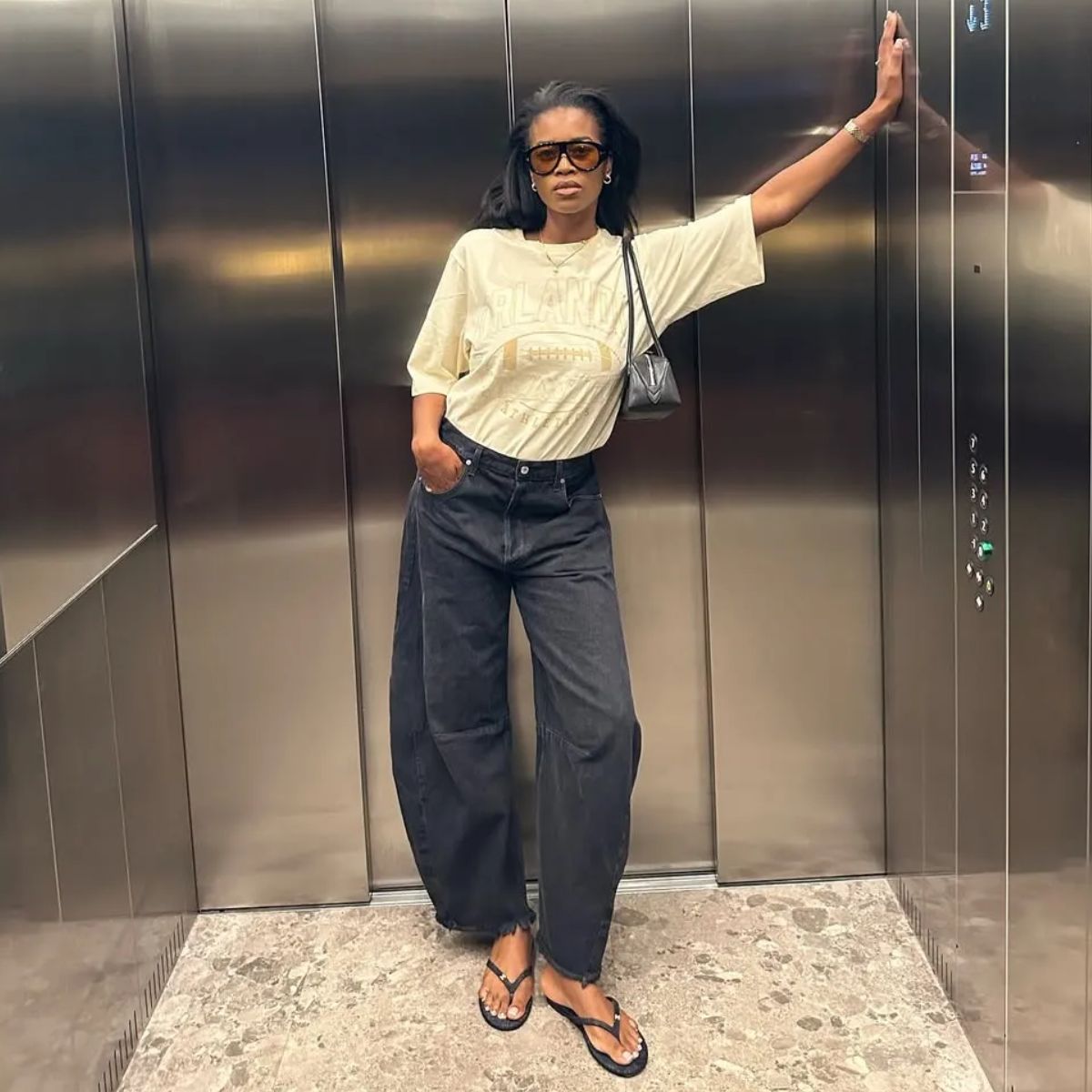The 12 Foundations Celebrity Makeup Artists Always Use on Women Over 40
As someone who has a 71-year-old beauty fanatic as her mother (surprising I became a beauty editor, right?), I know all too well the trials and tribulations surrounding foundation and mature skin. Of course, finding the best foundation for your skin texture, tone and type is hard enough at any age, but when you throw into the mix age-related conundrums like discolouration from sun damage, fine lines or wrinkles and dehydration, the challenge only gets steeper.
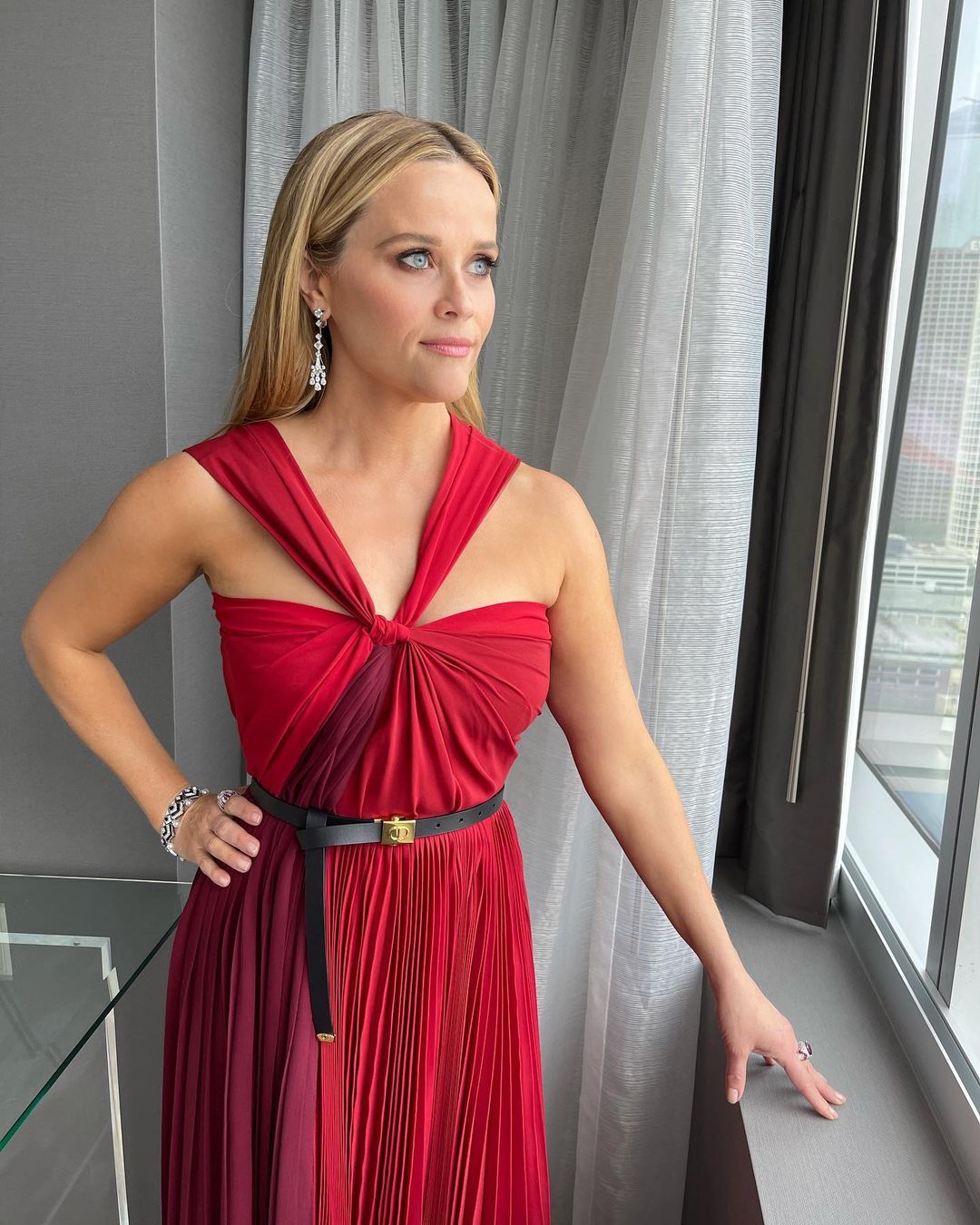
Being that my mum is an actual makeup artist, I've definitely absorbed some of her wisdom and tips over the years—minimal, if any, powder and absolutely no super-matte formulas. She has flawless skin (both with and without makeup), so I've taken her guidance to heart. That said, I was interested to compare notes with some of the top celebrity makeup artists in the industry who regularly cater to Hollywood's leading ladies 40 and over. What foundations do they always have on hand for red carpet prep, and what application tips do they hold gospel to ensure their clients with mature skin look as radiant and healthy as possible? They're covering all that and more below. Keep scrolling!
The Best Foundation, Product and Application Tips
1. Your Skin Prep Is Everything
Every makeup artist we spoke to explained that without a well-prepped base (i.e. hydrated and healthy skin) any foundation application will flounder. Prepping the skin with the right products and ample moisture is crucial for a seamless, long-lasting finish.
"I am really, really big on prep—prep is EVERYTHING," exclaims celebrity makeup artist Tamah Krinsky, whose clients include Julianna Margulies, Mary Steenburgen, Judy Greer, Idina Menzel and Christy Turlington. "Regardless of age, how you prep your skin determines how your foundation will sit on your skin, and the more hydrated and healthy your skin is to start, the better your foundation will look. My clients would tell you skin prep is the longest part of their time in the makeup chair with me!"
Krinsky recommends starting the process with a luxe spray like Josh Rosebrook's Hydrating Accelerator (£75) before moving onto an oil. She typically applies around six drops, although it depends on the day and client. "I take three to five minutes to massage the oil from the hairline to the collarbones. It's amazing what that alone can do for your complexion! My favourites are Drunk Elephant Virgin Marula Oil (£34) and Eve Lom Radiance Face Oil (£60)," she says.
Afterward, she'll press a pea-sized amount of moisturiser into the skin to lock all the magic in. She loves anything from Drunk Elephant, Dr. Hauschka or La Roche-Posay.
Shop the other hero products:
2. If You Use Brushes, Make Sure They're Synthetic
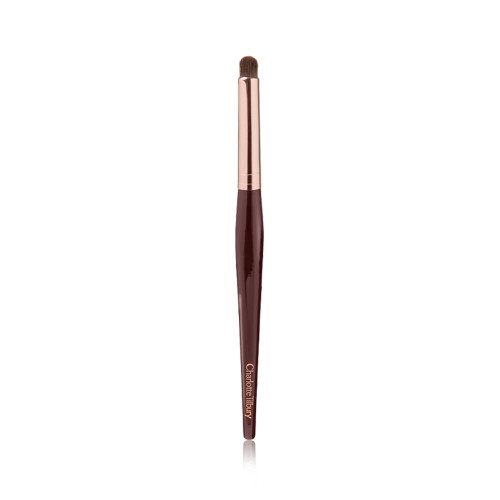
So the jury is out on whether or not it's best to use brushes or a damp sponge (like our beloved Beautyblender, £18) for foundation application. Our makeup artists were equally divided in their preference! So we recommend trying both methods to see what you prefer. That said, if you go the brush route, Krinsky recommends using multiple sizes and always reaching for a brush with synthetic brush fibres versus natural hair.
"No matter what foundation I'm using, I always use two brushes—one to deposit the formula and one to blend," she confirms. "I like to use brushes on the smaller side so I can be specific and blend around the structure of the face. To deposit foundation, I use a small flat synthetic eye shadow brush. Synthetic brushes don't hold onto pigment and products as much as natural hair brushes, so you save your products from being wasted, and they leave the foundation where you put them."
To blend, Krinsky tells us she switches to a medium-sized fluffy eye shadow contour brush. Although her brush process takes more time than using a Beautyblender, she thinks it offers more precision in addition to a more seamless result.
Shop the other hero products:
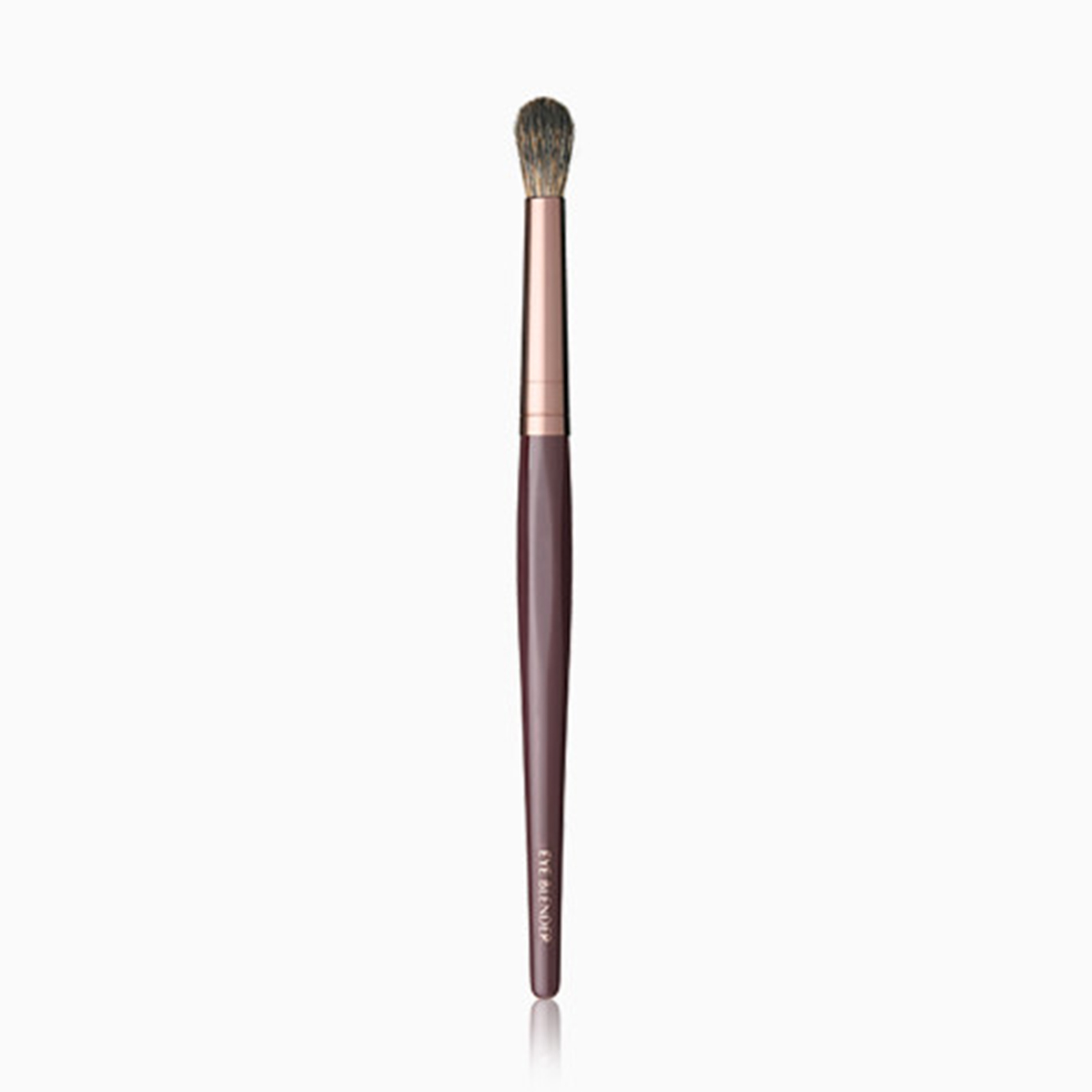
3. Don't Buy Foundation When You're in a Hurry
Sorry, but finding the right foundation—consistency, finish and shade—takes some time and effort. And Krinsky is especially adamant about taking the time to find your perfect shade.
"Make sure you are matching your skin tone," she advises. "Always ask for a sample (or better yet, multiple!) and look at yourself in daylight. It should look 100% seamless, and if it isn’t, it’s the wrong shade for you."
4. Don't Apply Foundation to Your Entire Face
"Only use foundation where you need it," Krinsky adds. "Use small amounts, and take your time to blend them into your skin. You don't have to apply a huge amount of foundation to your entire face. You should be using it to even out your skin tone—not to cover your skin."
5. The Right Primer Can Be a Great Sidekick
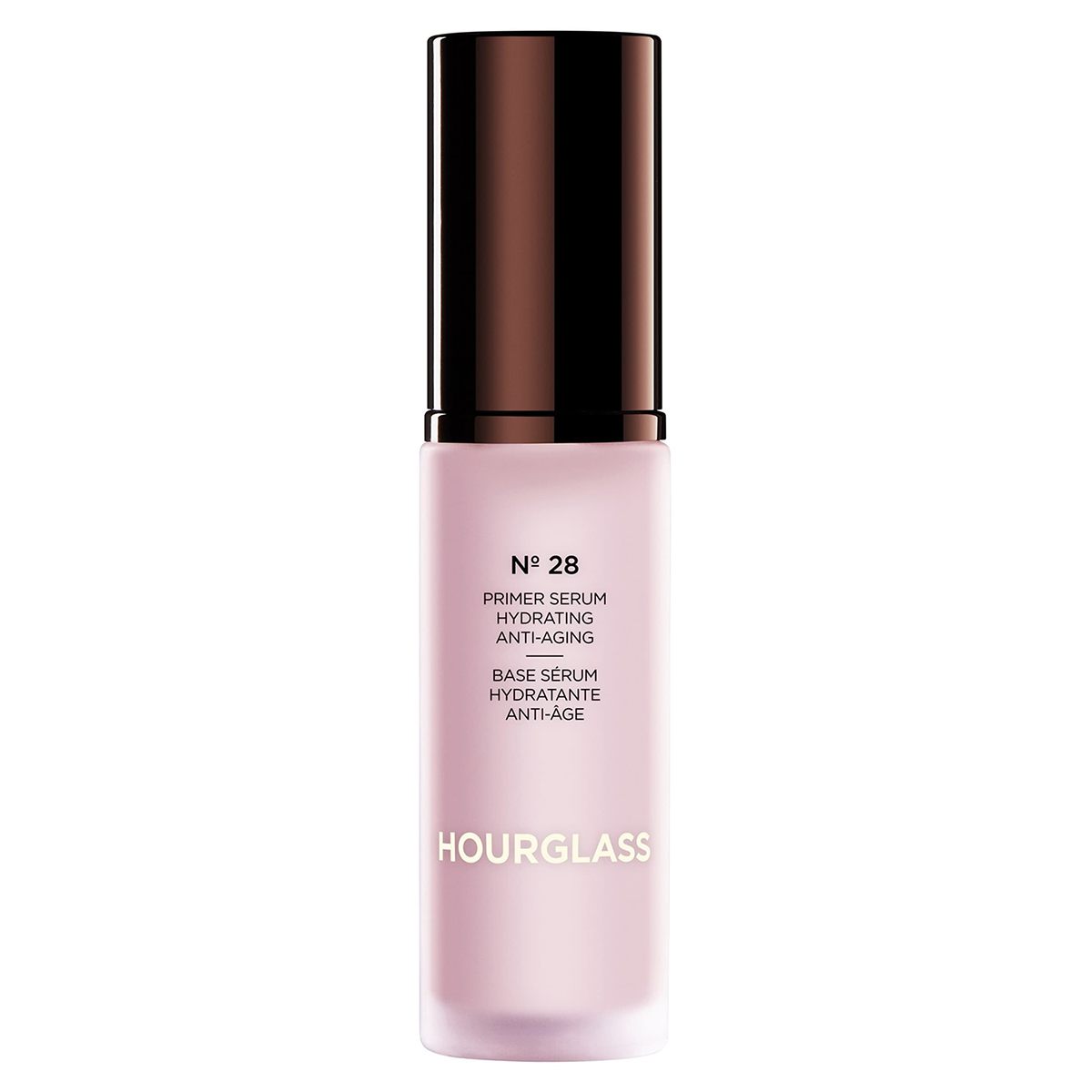
"I love to apply this primer from Hourglass after the moisturiser I applied has fully absorbed," celebrity makeup artist Quinn Murphy shares. "It fills in any texture issues like wrinkles, lines, and/or pores while simultaneously neutralising excess grease and oil. It also reflects light in a beautiful way—almost like a blur tool."
6. Apply Concealer Before Foundation
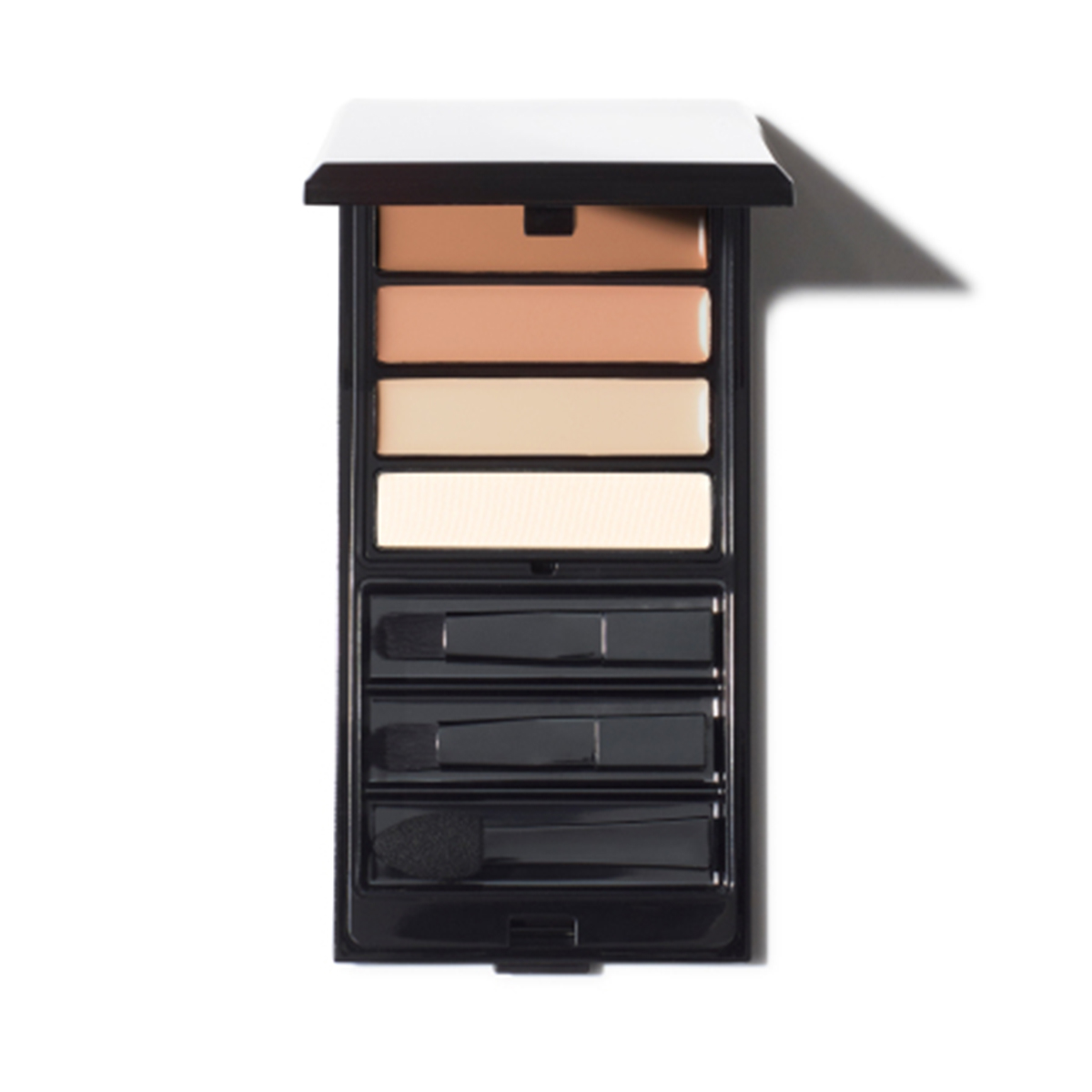
"Concealer always comes before foundation and in a warm peachy shade," Murphy adds. "I apply the concealer in the dark areas under the eyes and over any redness too. Then, I pat on the foundation over the concealer. Using colour theory—the opposite of purple-y dark circles is orange-salmon—is important. It cancels out the bruise-like tones so you don't end up over-applying foundation."
7. Forgo Powder—or Apply It With a Beautyblender
Both Murphy and Chanel makeup artist Kate Lee (who counts women like Charlize Theron and Jessica Chastain as regular clients) recommend eliminating—or at least limiting—your powder usage since it can sit into mature skin's fine lines and make a person look older.
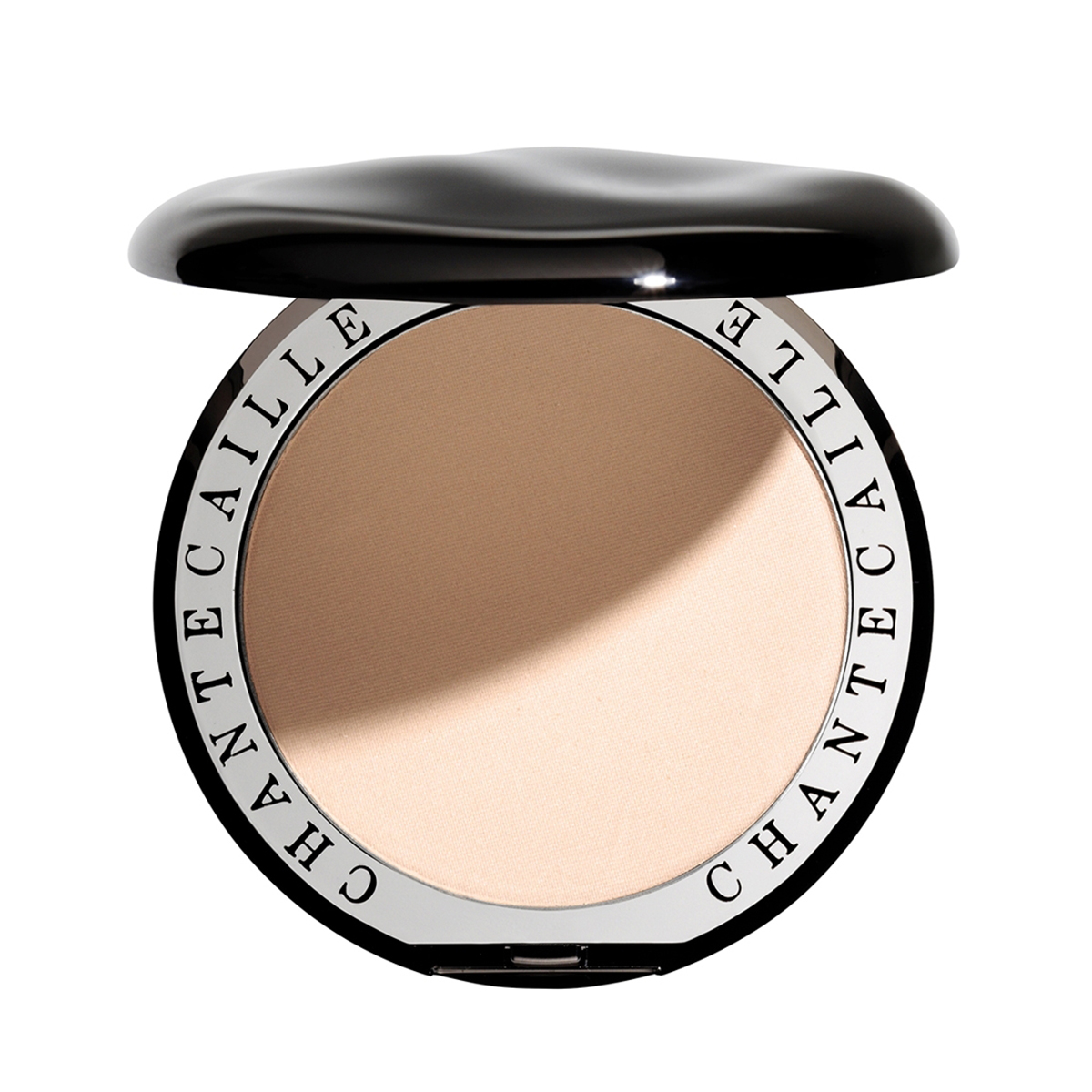
"If I need powder, I use a transparent HD powder on a dampened Beautyblender and roll it into the skin," shares Lee.
8. Know Which Products Should Be Luminous and Which Should be Matte
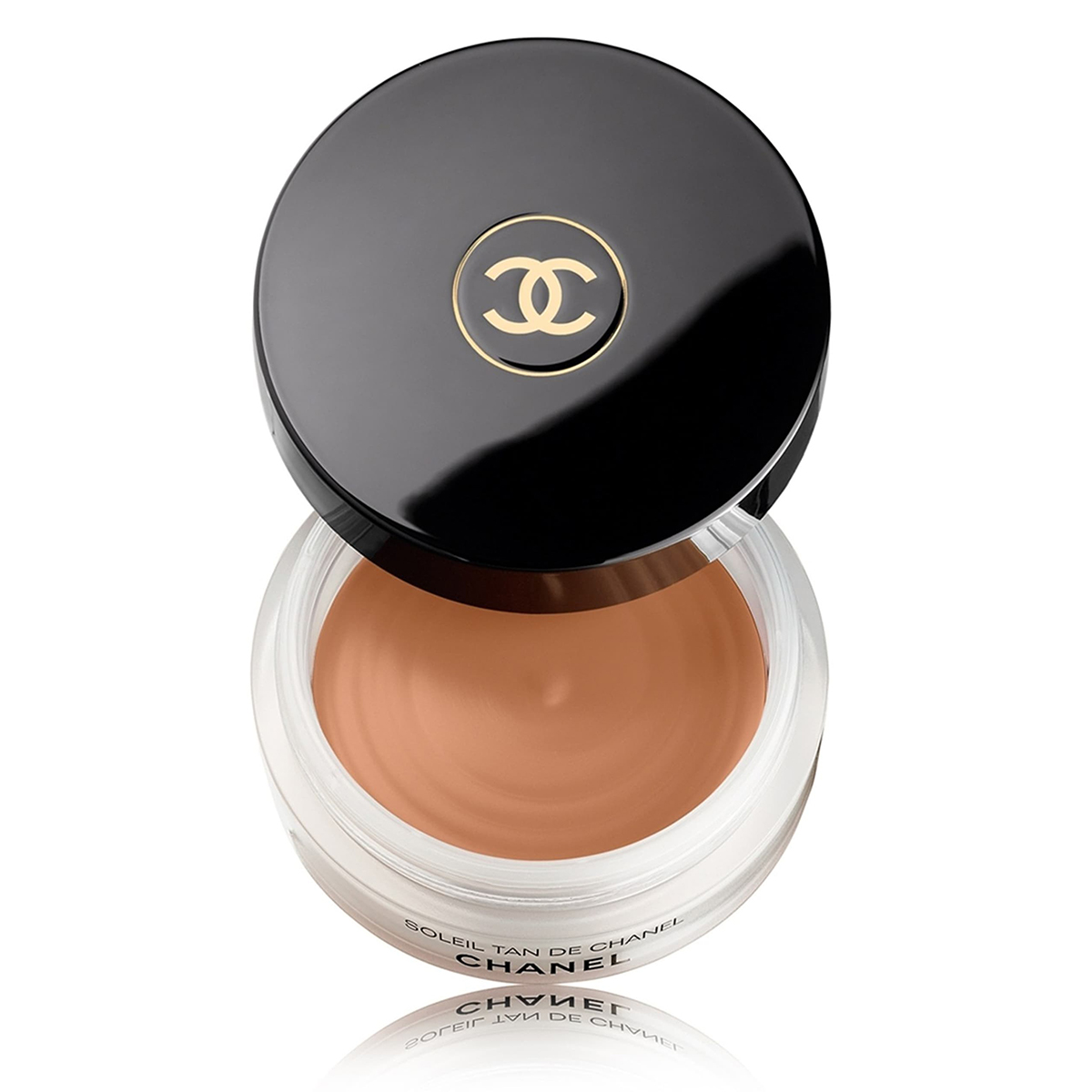
Okay, there's some science involved here. While our makeup artists agree the best foundations for mature skin should be more luminous and dewy rather than matte, you don't want to verge shimmery, and certain complementary products (such as bronzer) should always be matte.
"Concealer under the eye should be a light and luminous formulation, and concealer to hide blemishes or dark spots needs to have more pigment and coverage," Lee confirms. "Also, be very mindful of shimmer—it tends to bring attention to the texture of the skin, so it's not very flattering if it drops from the eyelid."
9. You Need a Specific Protocol If You're Shopping Online
"Let's be real—online swatches are never 100% accurate, and shade names aren't standardised, so it's best to tap into a brand's customer service or a trained makeup artist, whose job it is to know everything, from the curation of foundations to formulation to finish," explains Violet Grey's beauty director, Maureen Choi. "A quick email exchange or phone call with a trusted resource who understands your skin and makeup concerns can make all the difference in receiving the perfect fit on your doorstep.
"Sometimes you have to try before you buy, particularly when it comes to foundation. A good rule of thumb is to ask for samples in three shades—the one you've shade-matched to your complexion, then one shade lighter and one shade deeper. That way, you can test all three in broad daylight and get an accurate sense of what looks best. According to makeup artist and Violet Grey committee member Pati Dubroff, using two shades of foundation—a light shade down the centre of the face and one a shade darker along the perimeter—is the secret to getting the most natural, subtly defined, second-skin look."
The Best Foundations For Women Over 40:
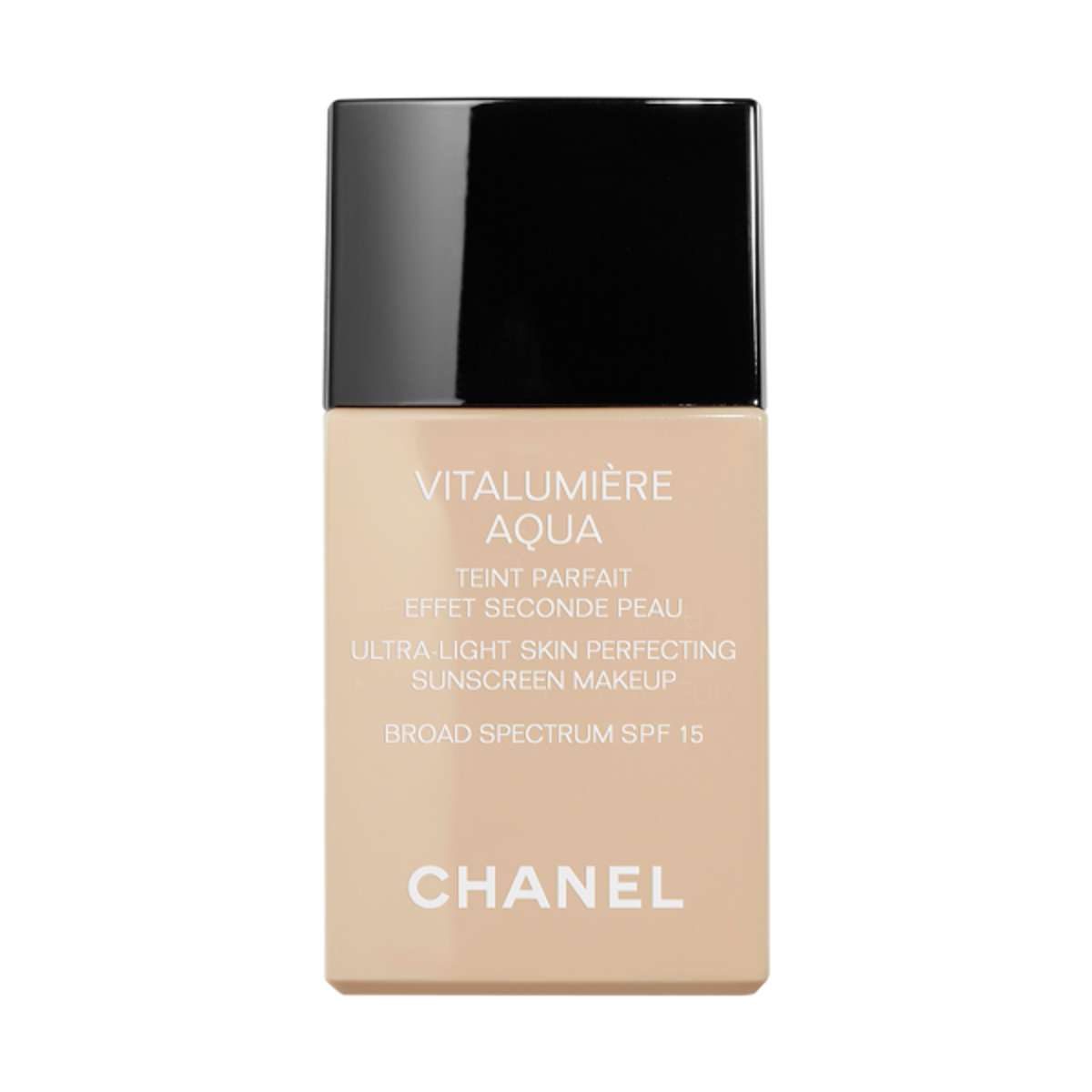
"This foundation from Chanel is one of my favourites for clients with more mature skin," says Lee. "It's a lightweight formulation that provides a very light finish whilst retaining a luminosity."
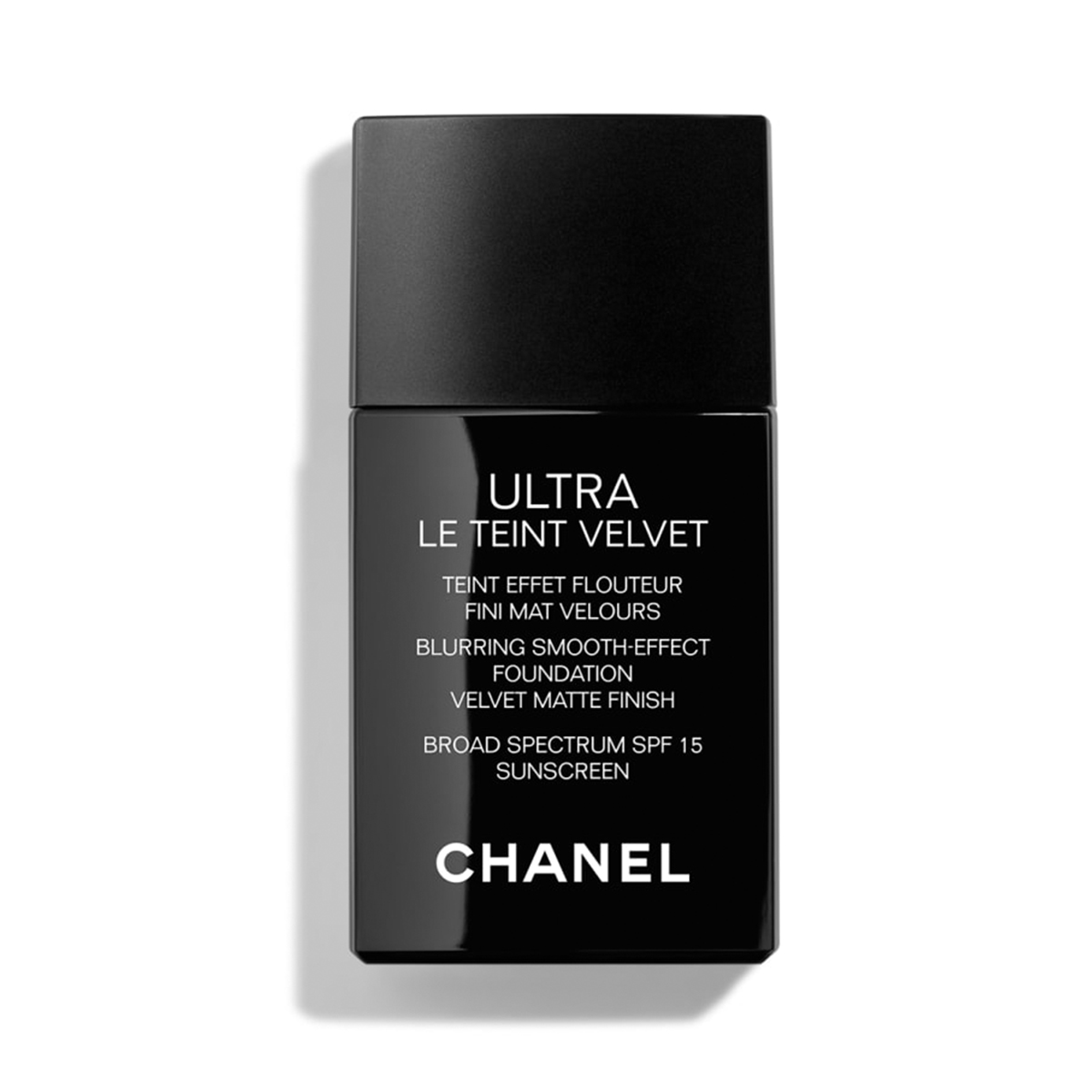
"Again, this is a very light-diffusing formula, but it has a *slightly* more matte versus luminous finish," Lee explains. "It requires no powder, making it perfect for a uniformed finish without a lot of product."
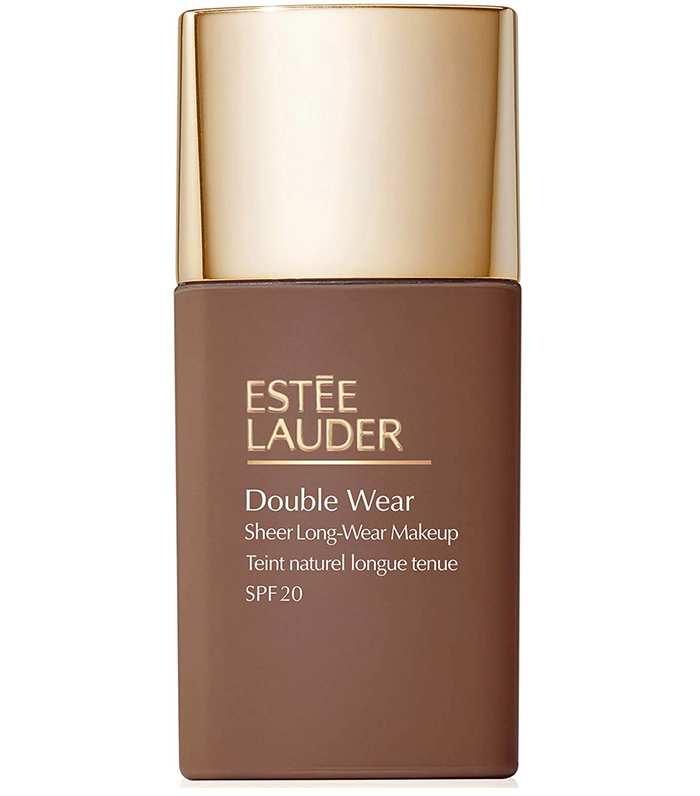
"Stay away from heavily matte products; they look chalky and settle into fine lines," warns Krinksy. "Healthy skin isn't matte. Think about how you look after a workout or a nice walk. Your skin is glowing—that's what you want your makeup and skincare to re-create."
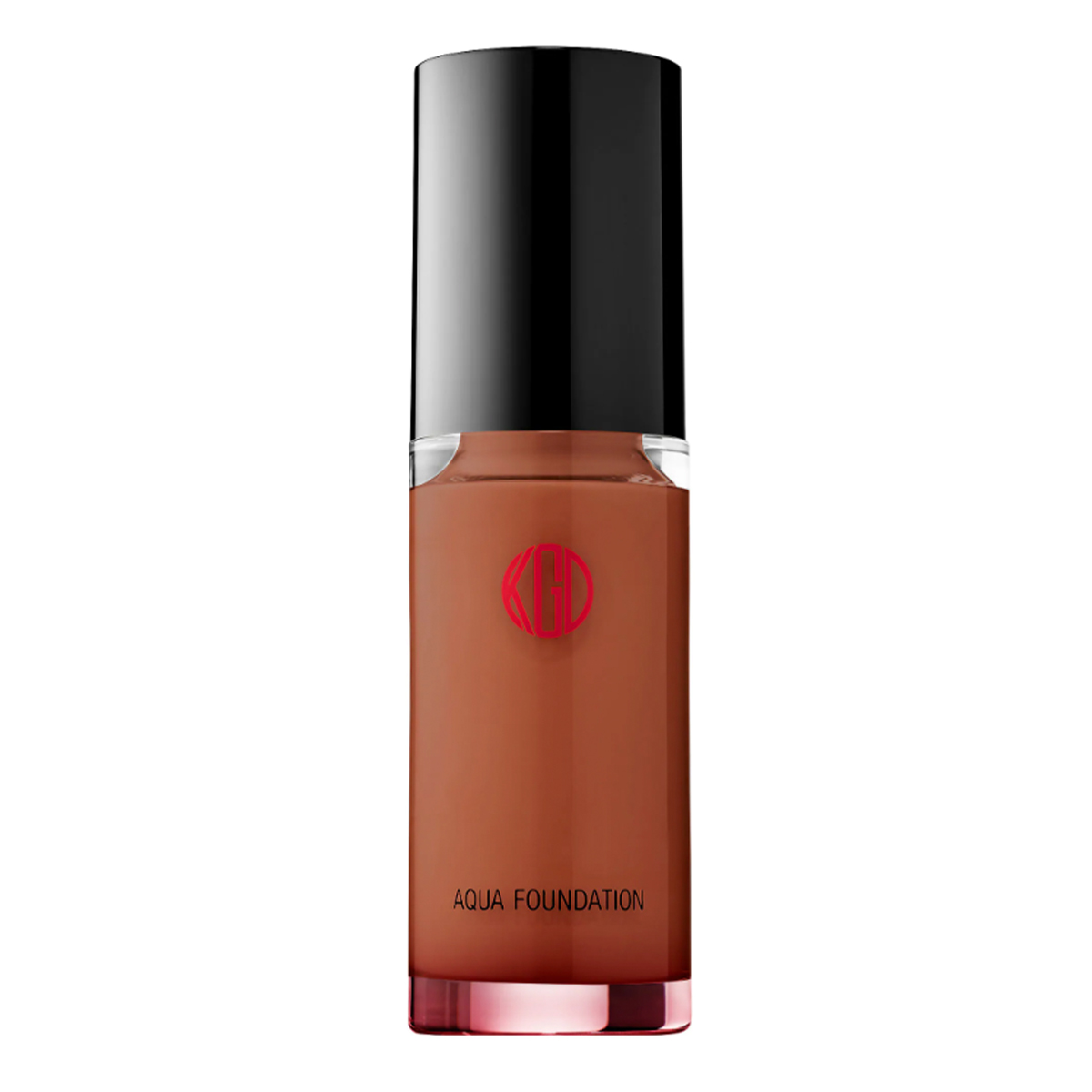
Although Murphy is also a fan of Koh Gen Do's Moisture Foundation for mature skin, this formula from the brand boasts a slightly lighter coverage and is another go-to he keeps on hand for clients like Sofía Vergara, Naomi Watts, Kate Hudson and Reese Witherspoon.
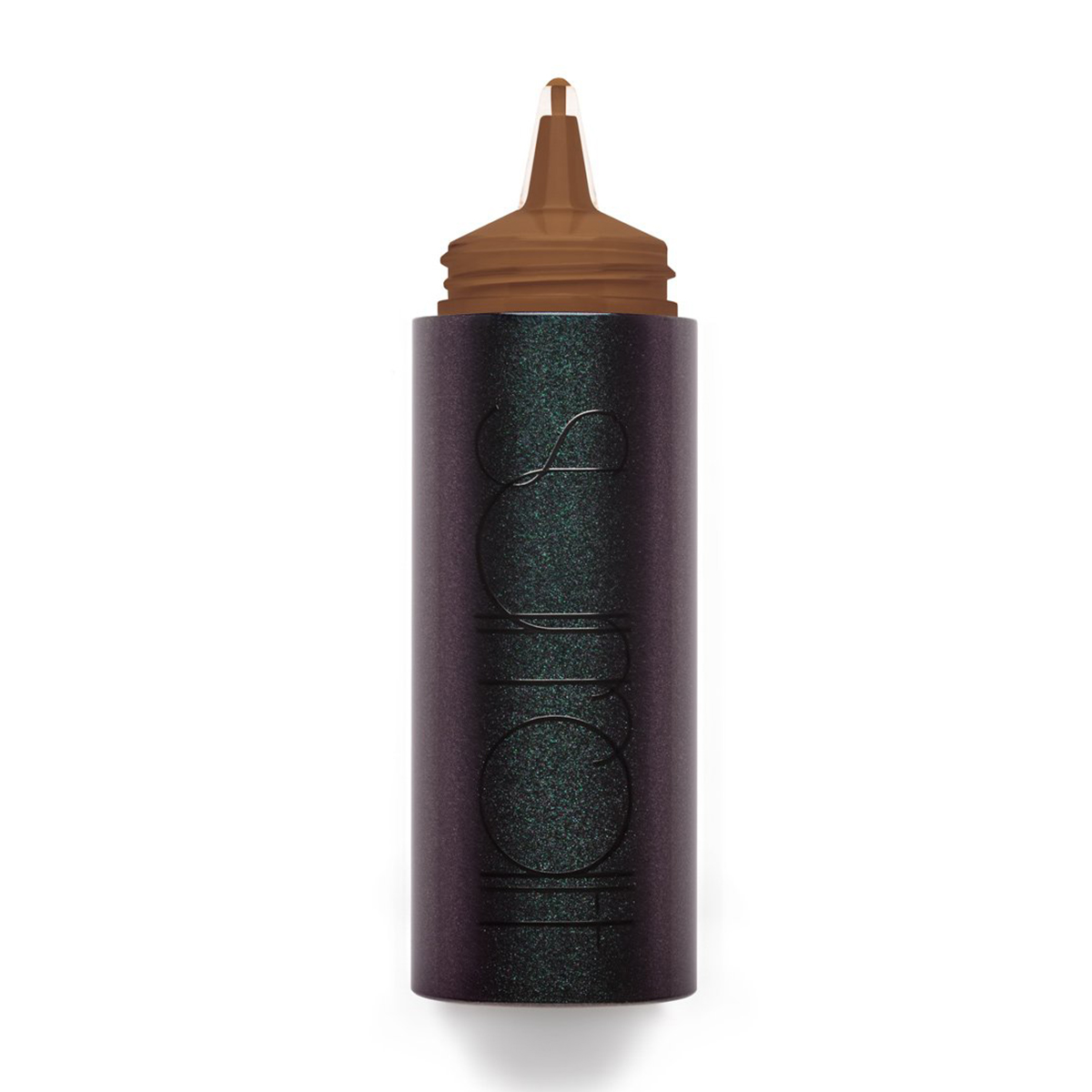
"Since they don't settle into fine lines, dewy foundation formulas are also great for more mature skin because you can move them around and adjust your application easily. I love this glow-enhancing foundation from Surratt," Krinsky adds.
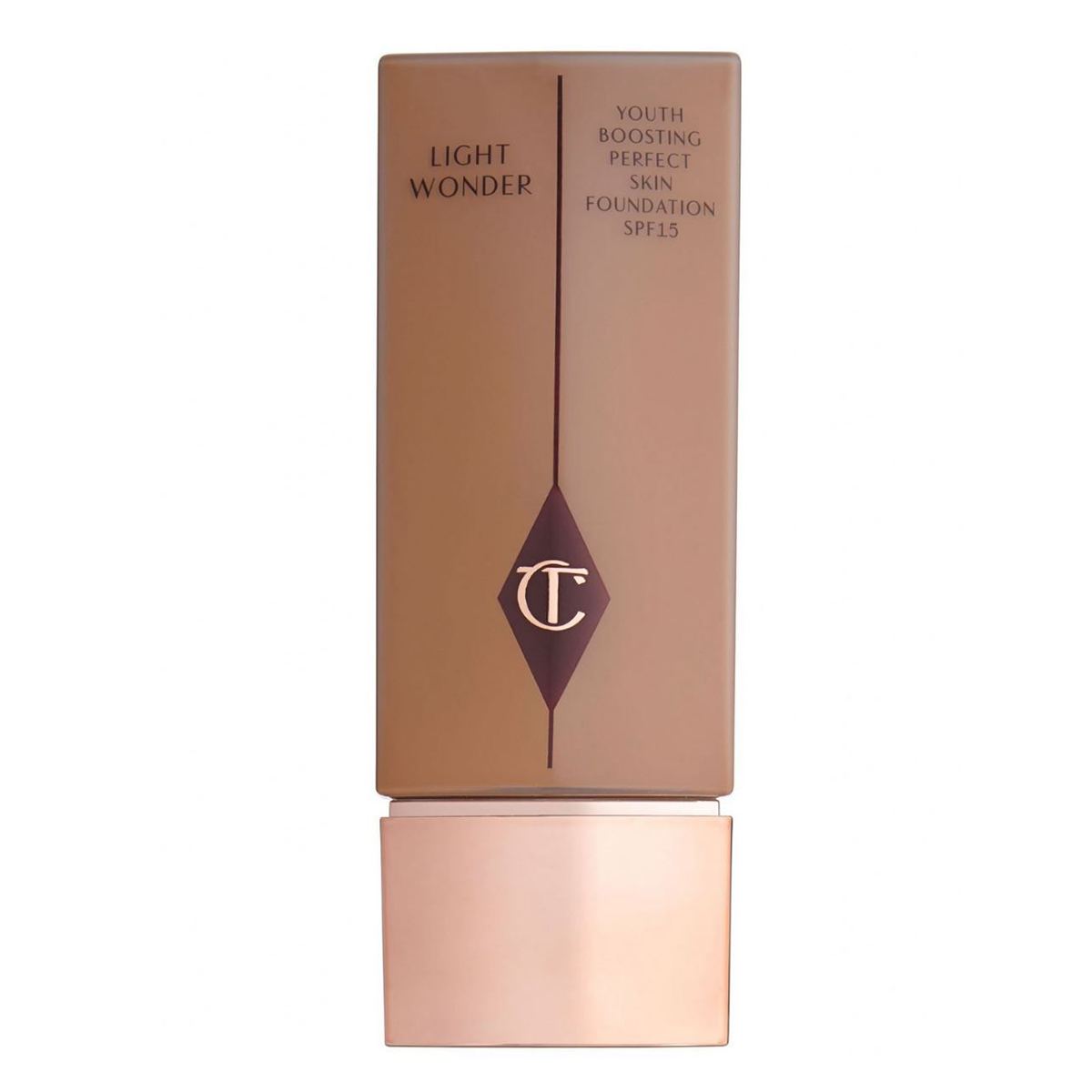
Both celebrity makeup artist Jamie Greenberg (think Rashida Jones, Leslie Grossman, Busy Philipps, Chelsea Handler, Christina Applegate, and Lauren Graham) and Krinsky say they're big fans of this cult-favourite foundation formula from Charlotte Tilbury. It expertly smooths and hydrates and also features a helpful dose of SPF for an extra kick of protection.
"I like to work with formulas that start light and you can build... If your formulas are too heavy right off the bat, you can usually see it, and they'll also be more likely to settle into more mature skin!" says Greenberg.
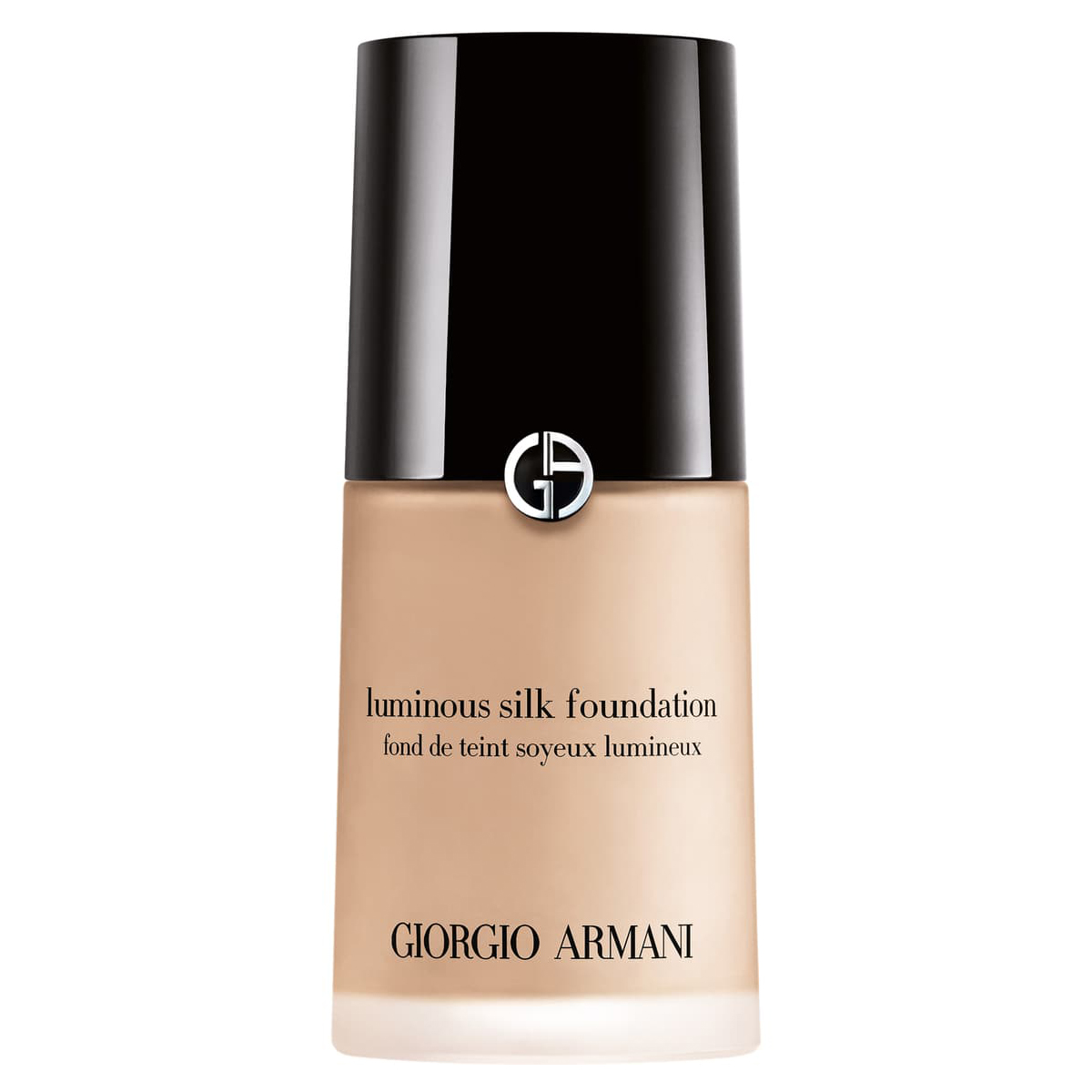
Is there a more iconic foundation? We've never heard a professional makeup artist NOT praise its skin-perfecting magic, and Murphy, Greenberg and Krinsky swear by it when it comes to catering to their 40-plus celebrity clientele. Even though it has the prettiest satin finish, Greenberg says there's still enough moisture in the formula to make mature skin glow instead of falling flat. Murphy also adds that it's one of the best foundations for those seeking light-to-medium coverage.
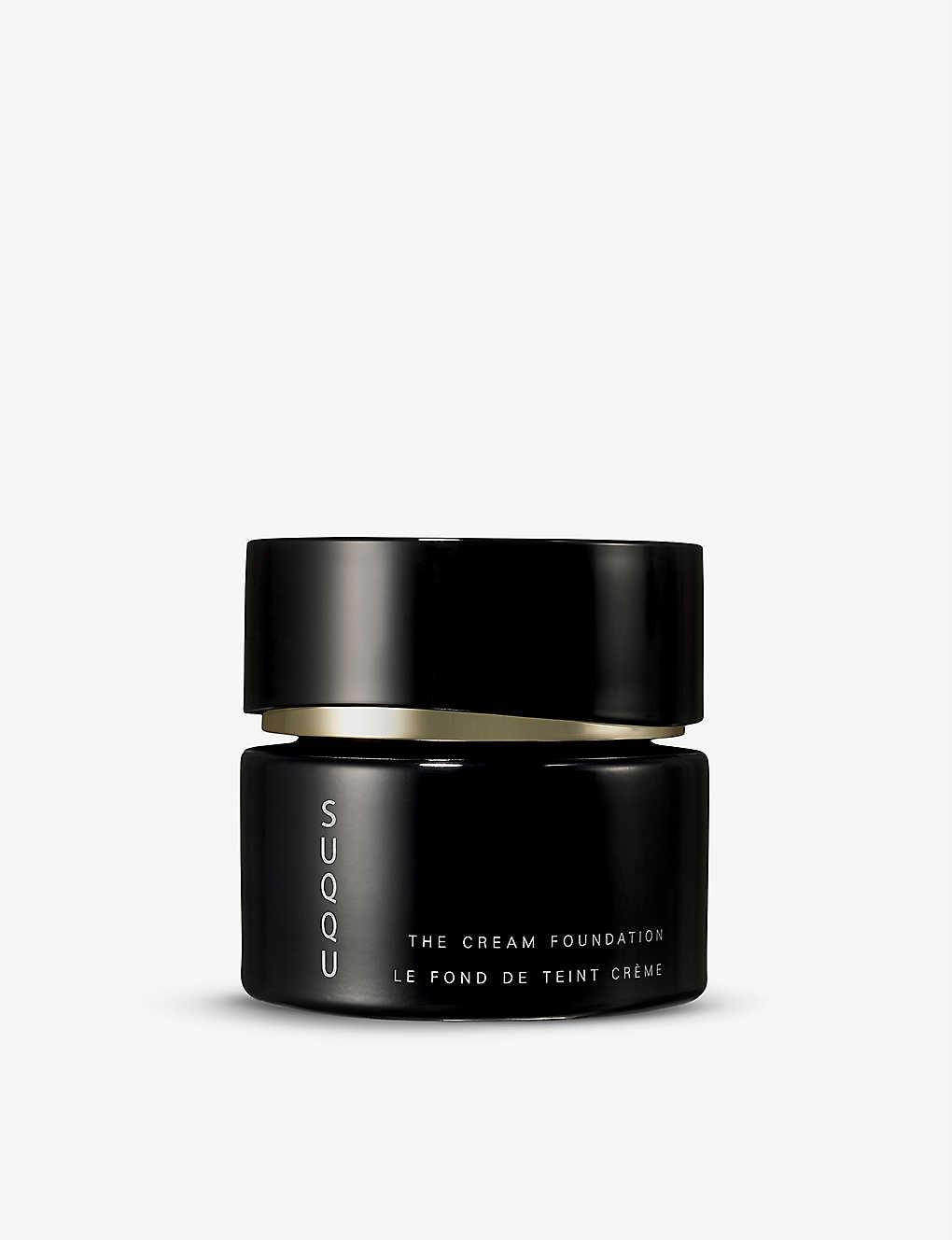
Suqqu is one of those under-the-radar brands that aren't household names but are fawned over by makeup artists and celebrities. A famed export from Japan, this rich foundation is one of the best for mature skin, according to Greenberg, and helps to keep the skin supremely hydrated while also providing the perfect ration of dewy coverage.
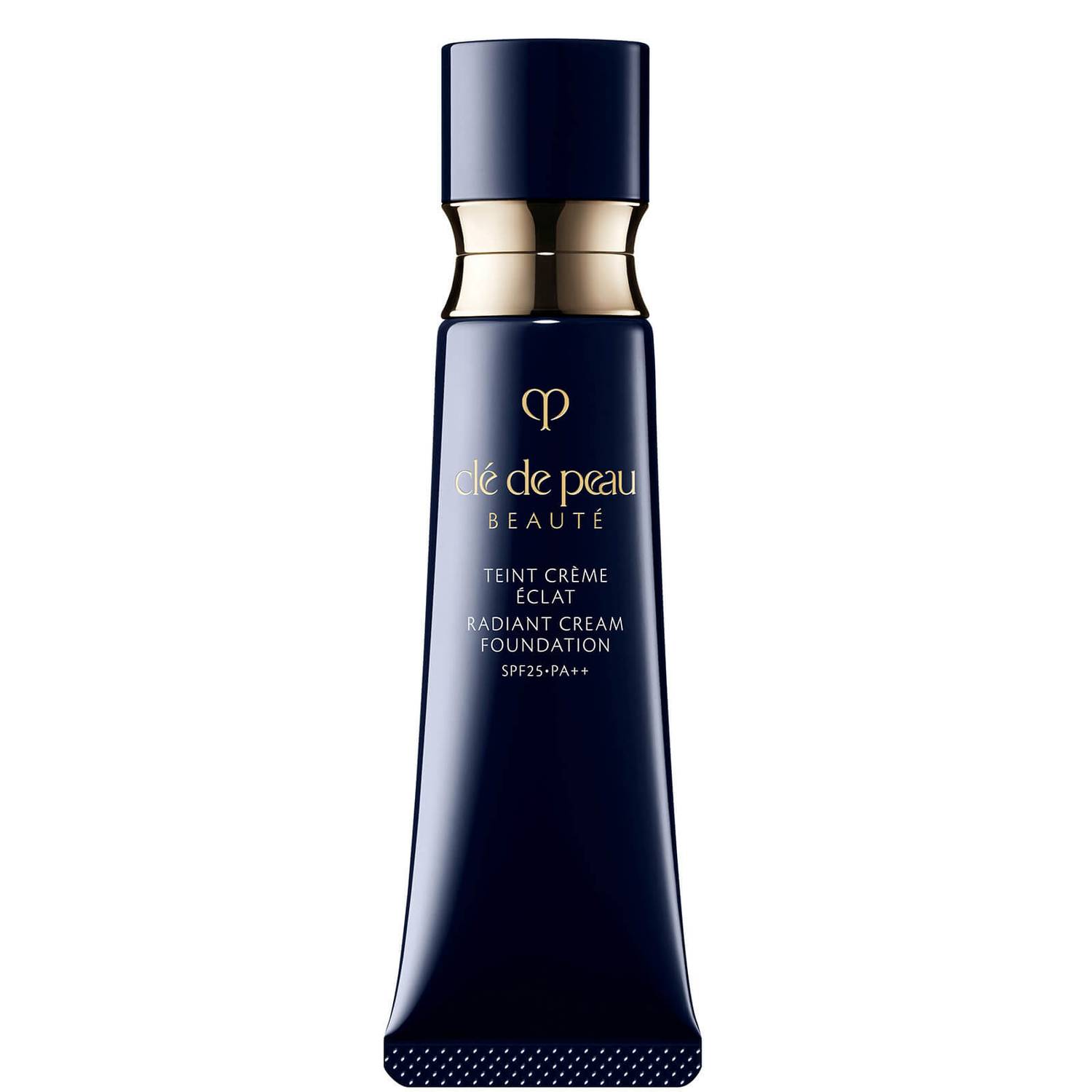
Greenberg also shares Clé de Peau Beauté's epic foundation as another great option for older skin. The brand actually has a number of options that differ in consistency, coverage, and formula, but this game-changing cream pick is a best seller and award winner. It's luxurious, highly moisturising and full-coverage (but definitely buildable—fear not), and it makes for the smoothest natural glow.
"I use a Beautyblender (£18) and a brush to work the foundation into the complexion and make it look like a second skin," says Greenberg.
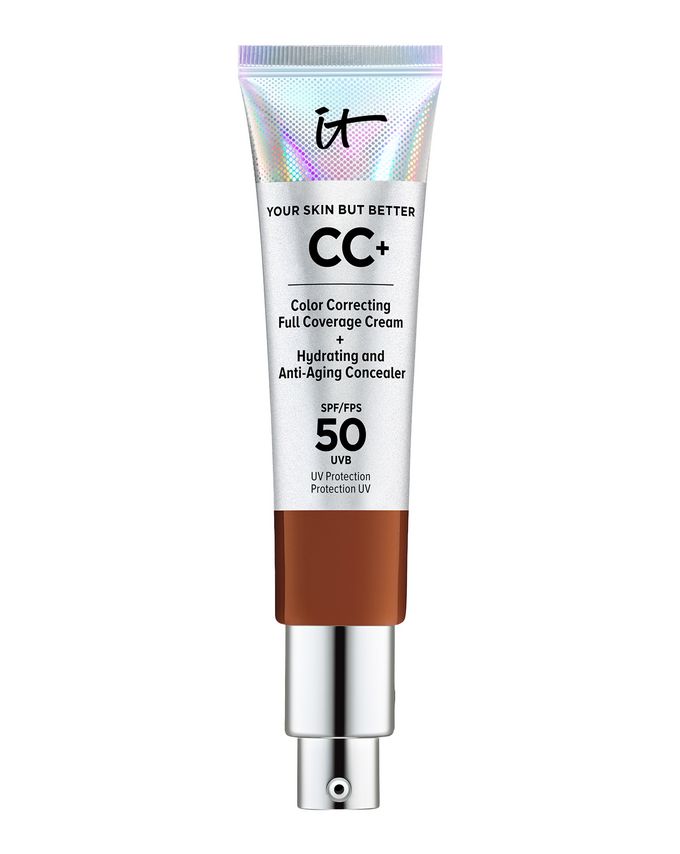
"This foundation has a moisturising, highly pigmented, light formula. It has that essential coverage but is still light," explains celebrity makeup artist Jo Strettell, who regularly works with Demi Moore, Helen Mirren, Holly Hunter, Patricia Clarkson, Sigourney Weaver, and Brooke Shields.
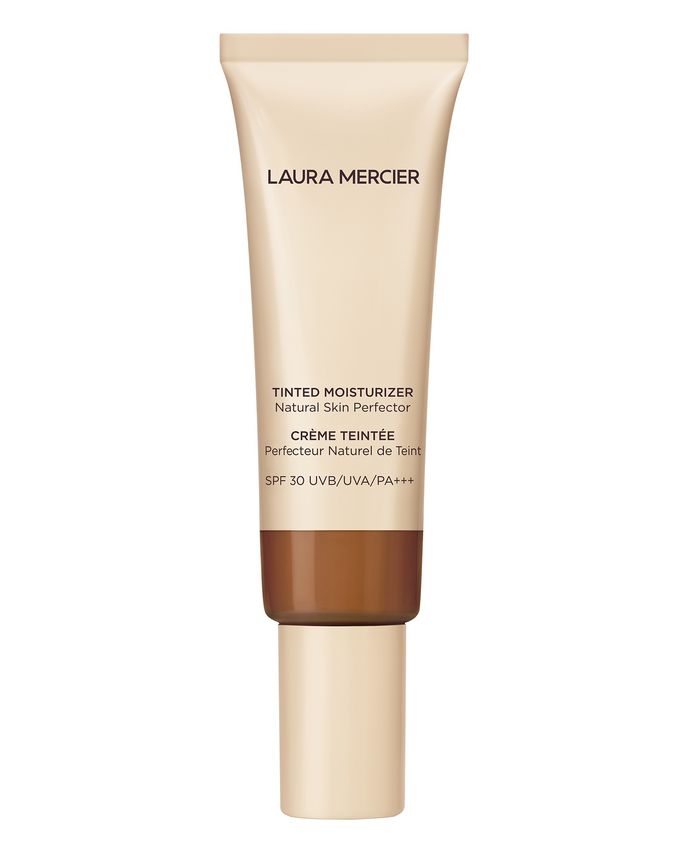
"Laura Mercier's Tinted Moisturizer is perfect for older skin thanks to its multitasking blend of skincare ingredients that aid moisture and its great coverage that blurs imperfections," Strettell adds. "I use this when we are aiming to achieve a more natural or editorial look."
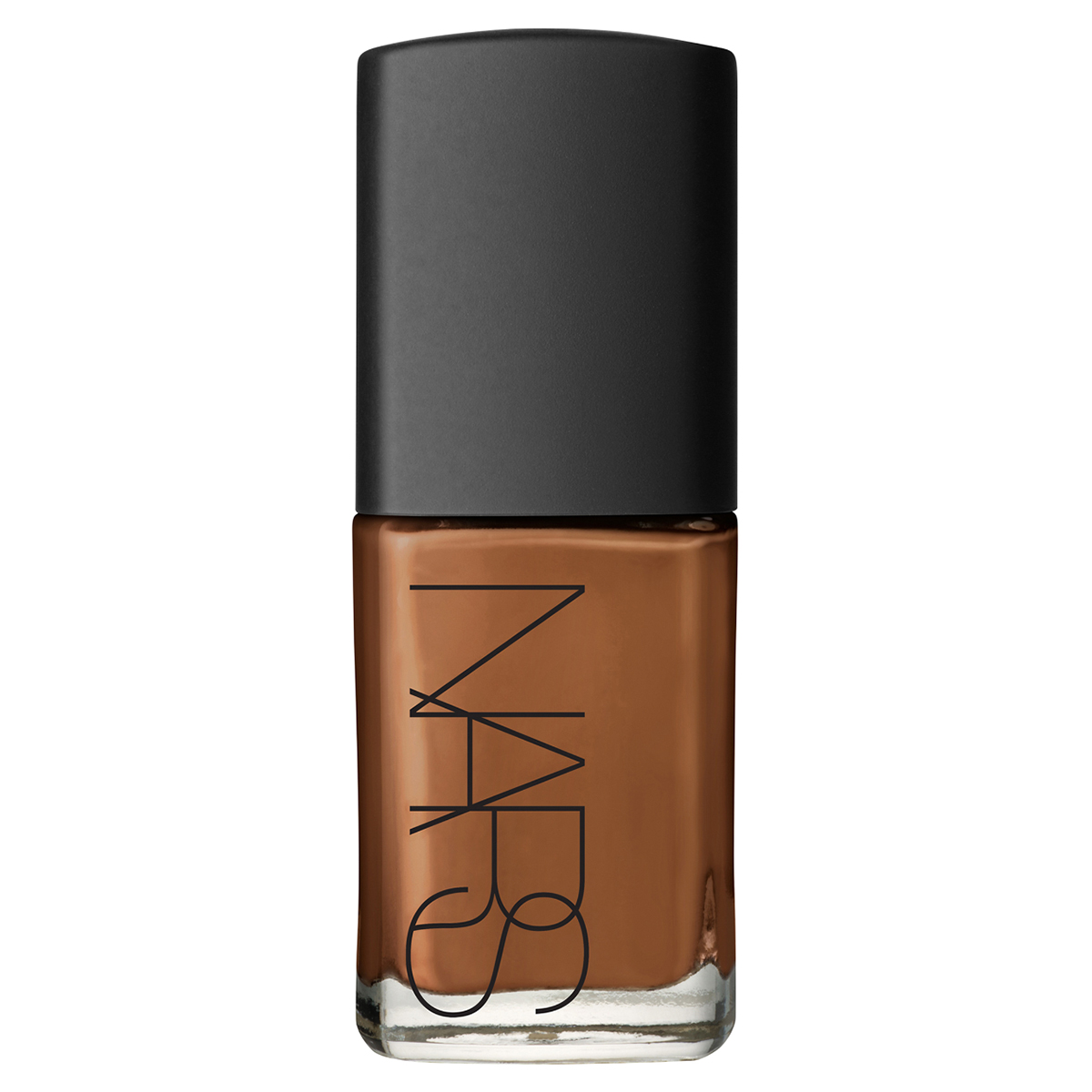
If you're looking for a "glowy, dewy, light coverage," Murphy says this foundation formula from Nars is one of the absolute best. Like Greenberg, he also prefers to use a damp sponge (like a Beautyblender) for his application. "This allows me to build the coverage and get the desired coverage for different areas of the face," he explains. "Using a tapping motion gives the skin a beautiful airbrushed finish."
This post was originally published at an earlier time and has since been updated.
Up Next: Take Note—These Are the 6 Makeup Rules French Women Swear By
Erin has been writing a mix of beauty and wellness content for Who What Wear for over five years. Prior to that, she spent two and half years writing for Byrdie. She now calls Santa Monica home but grew up in Minnetonka, Minnesota, and studied writing, rhetoric, and communication at University of Wisconsin, La Crosse. She studied abroad in Galway, Ireland, and spent a summer in L.A. interning with the Byrdie and Who What Wear family. After graduating from UW, she spent one year in San Francisco, where she worked as a writer for Pottery Barn Kids and PBteen before moving down to L.A. to begin her career as a beauty editor.
-
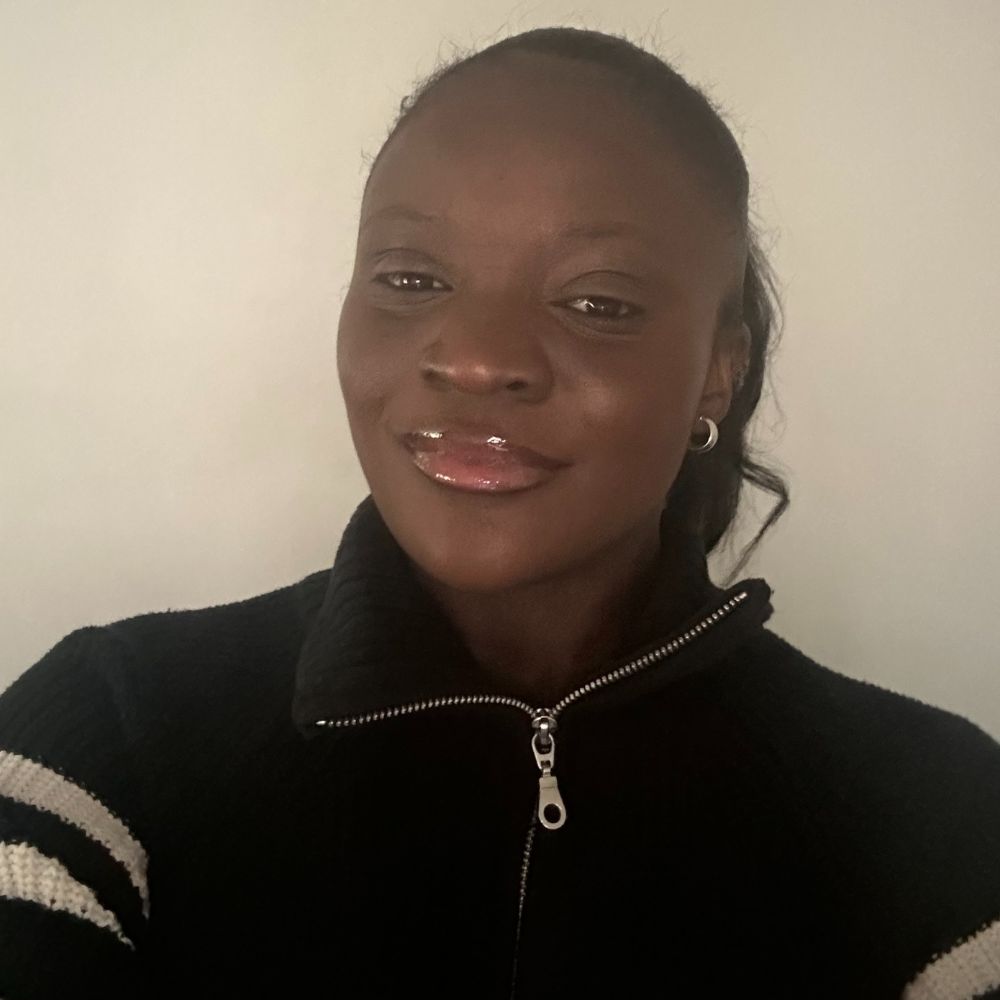 I Hate Full-Coverage Makeup—If You're With Me, You Need to Know About This Brand
I Hate Full-Coverage Makeup—If You're With Me, You Need to Know About This BrandNatural radiance in a bottle.
By Brittany Davy
-
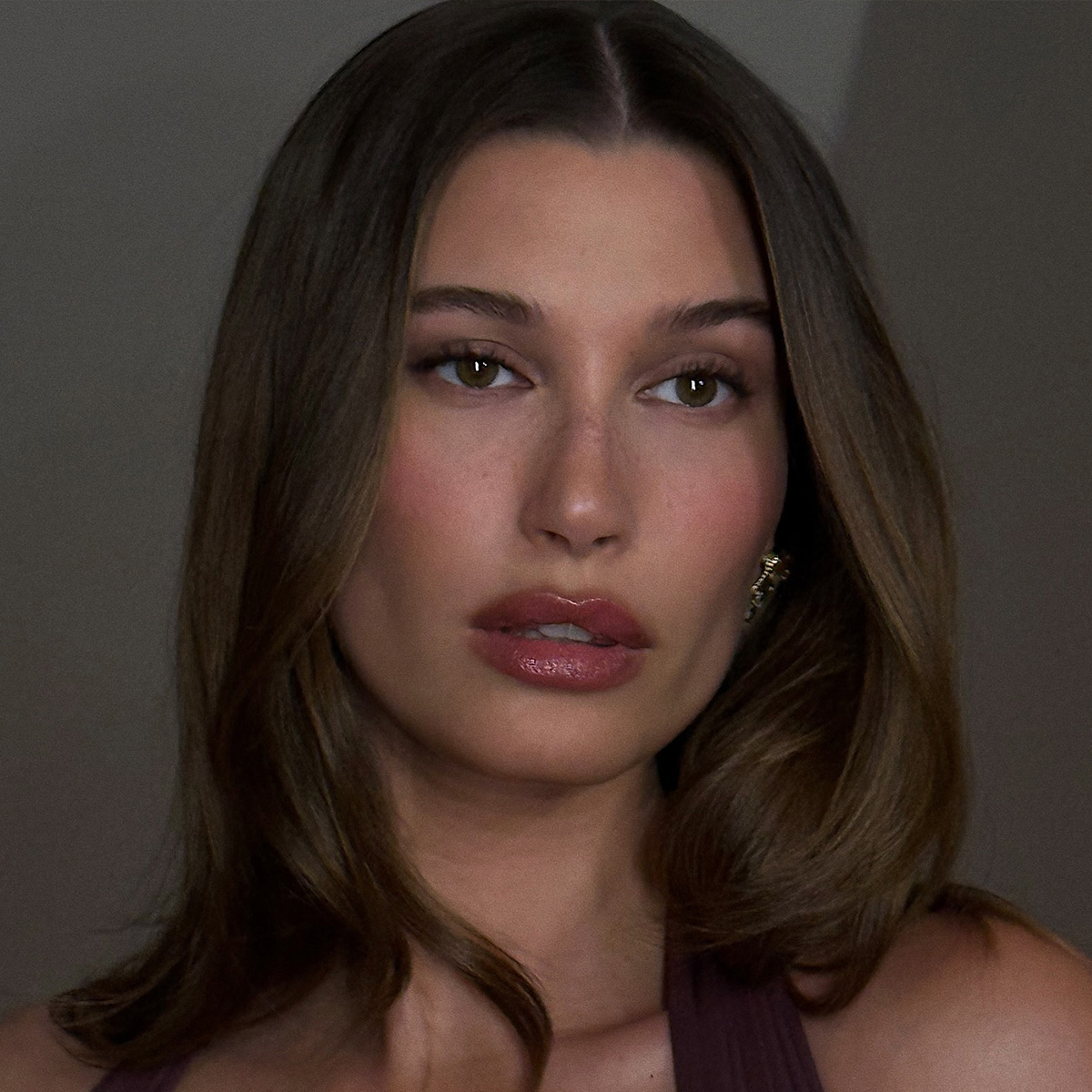 This Is My Verdict On Hailey Bieber's Go-To Foundation After Trying It for the First Time
This Is My Verdict On Hailey Bieber's Go-To Foundation After Trying It for the First TimeButtery skin, this way.
By Eleanor Vousden
-
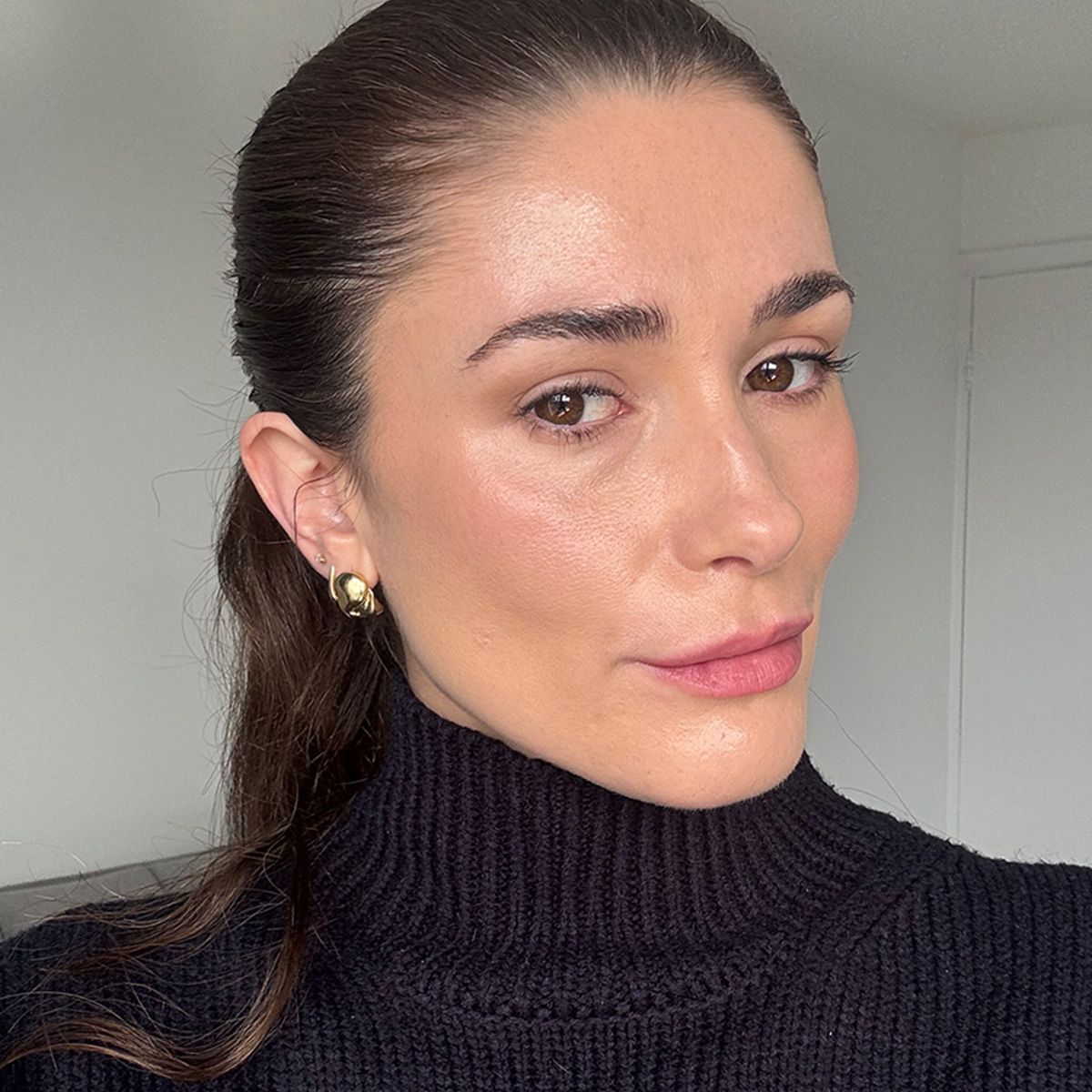 I Never Got Compliments on My Skin Until I Tried This Viral K-Beauty Foundation—Now I'm Inundated
I Never Got Compliments on My Skin Until I Tried This Viral K-Beauty Foundation—Now I'm InundatedIt's never looked better.
By Eleanor Vousden
-
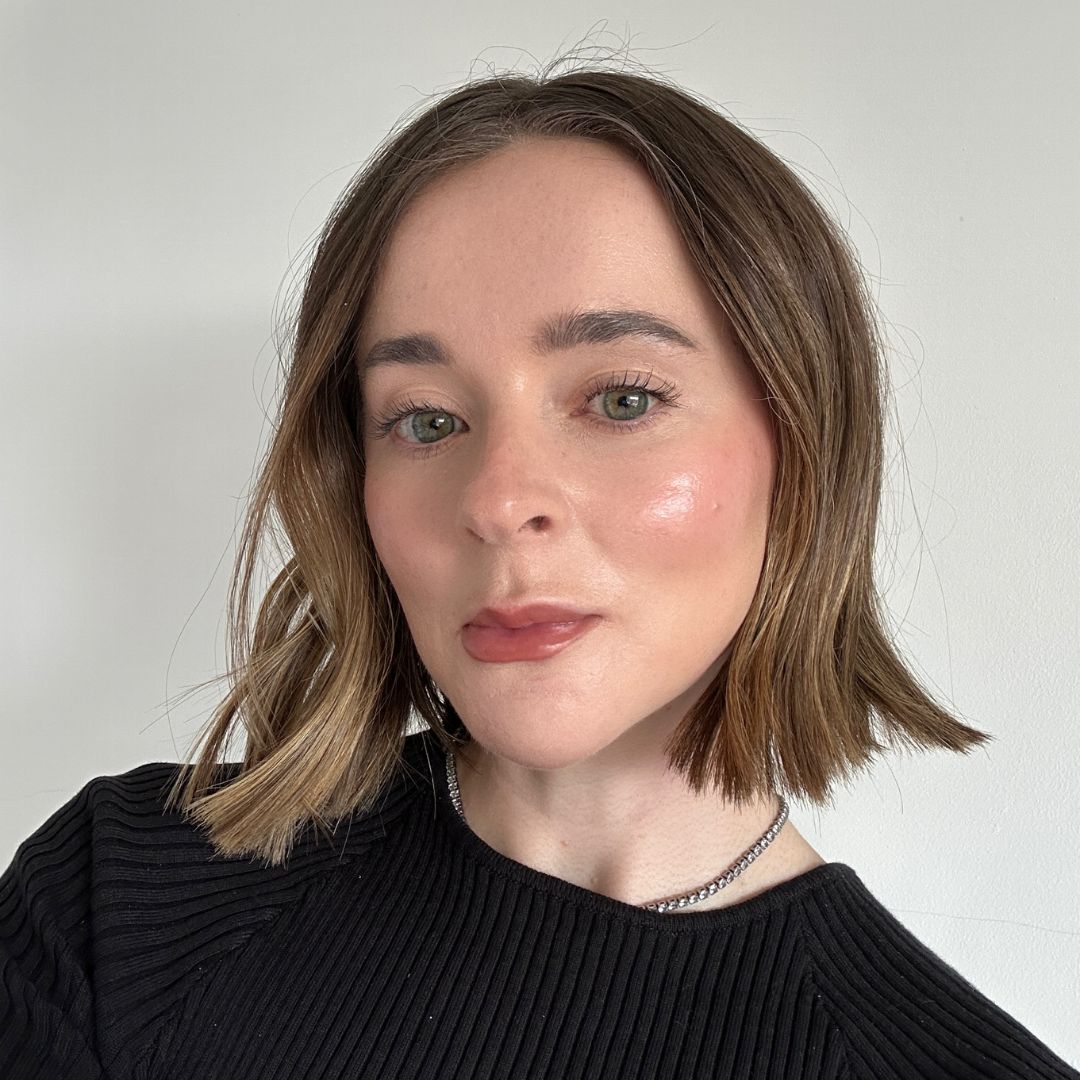 The "Butter Skin" Trend Is Basically a Cheat Code for Effortless Glowy Makeup
The "Butter Skin" Trend Is Basically a Cheat Code for Effortless Glowy MakeupPlus, it's so hydrating.
By Grace Day
-
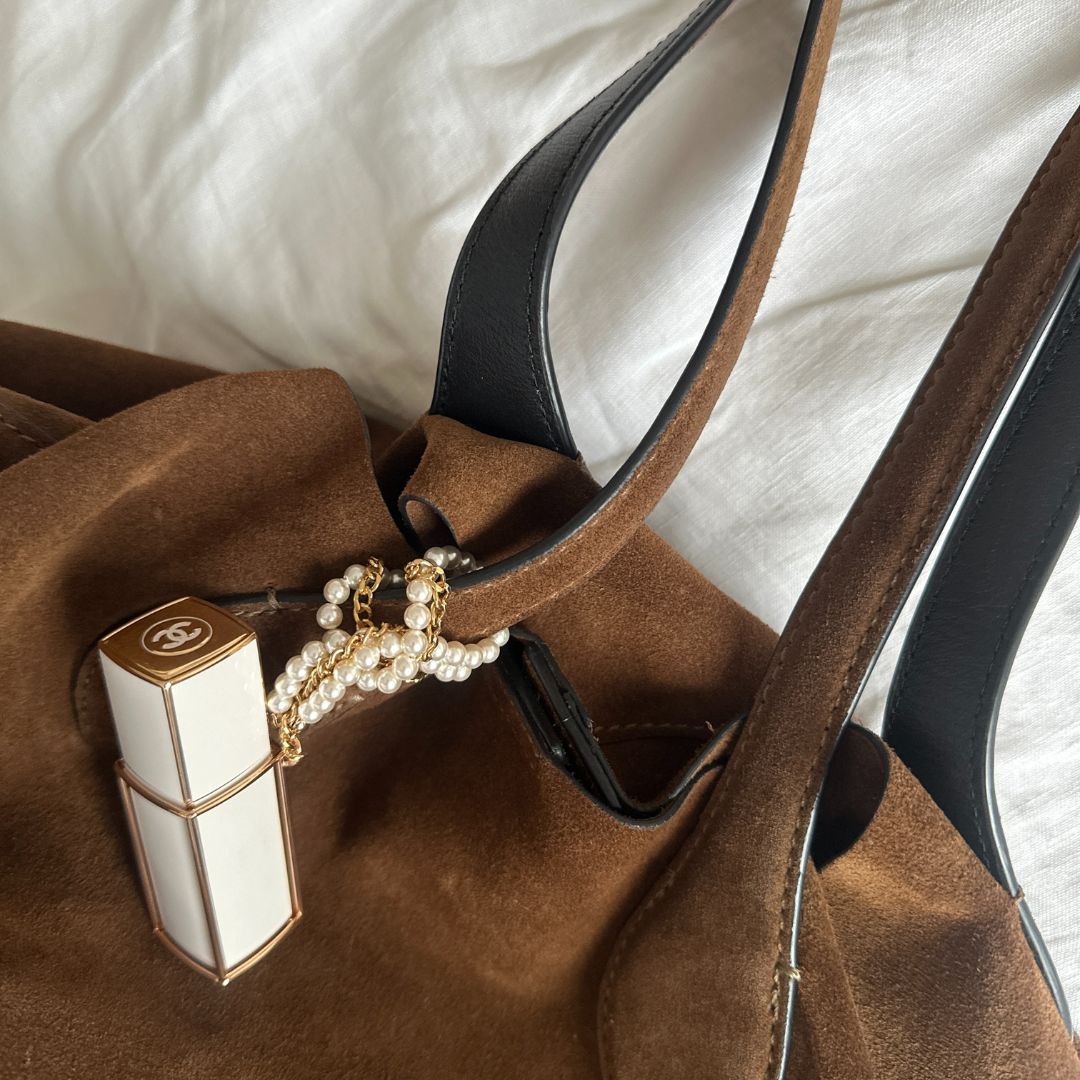 Sorry, Scent Snobs—It's Time We Accept This Y2K Icon Is Still the Most Expensive-Smelling Perfume Ever Made
Sorry, Scent Snobs—It's Time We Accept This Y2K Icon Is Still the Most Expensive-Smelling Perfume Ever MadeAnd it's overdue a comeback.
By Shannon Lawlor
-
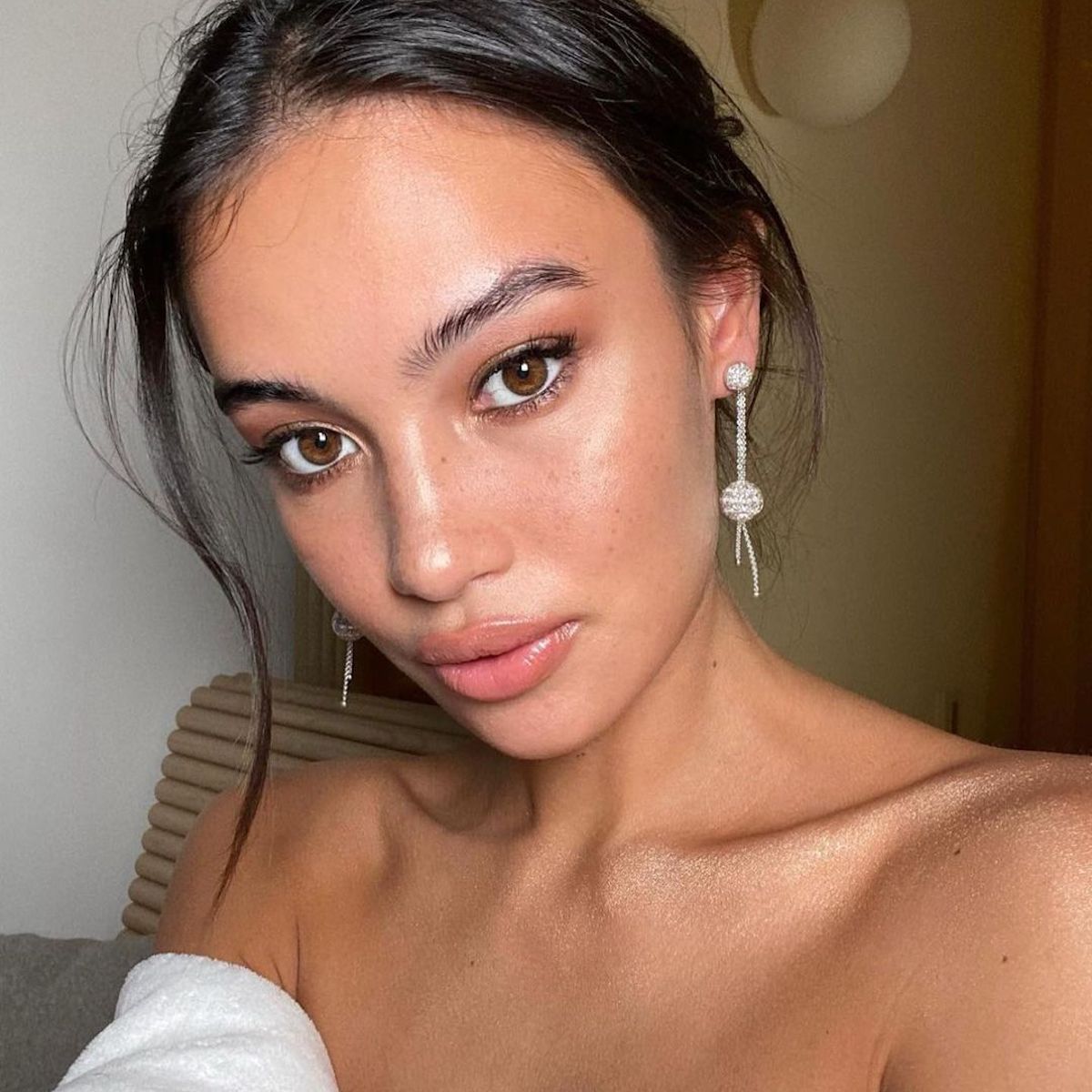 Most Foundations Make Large Pores More Noticeable—These 10 Are the Exception
Most Foundations Make Large Pores More Noticeable—These 10 Are the ExceptionThey're makeup artist-approved.
By Kaitlyn McLintock
-
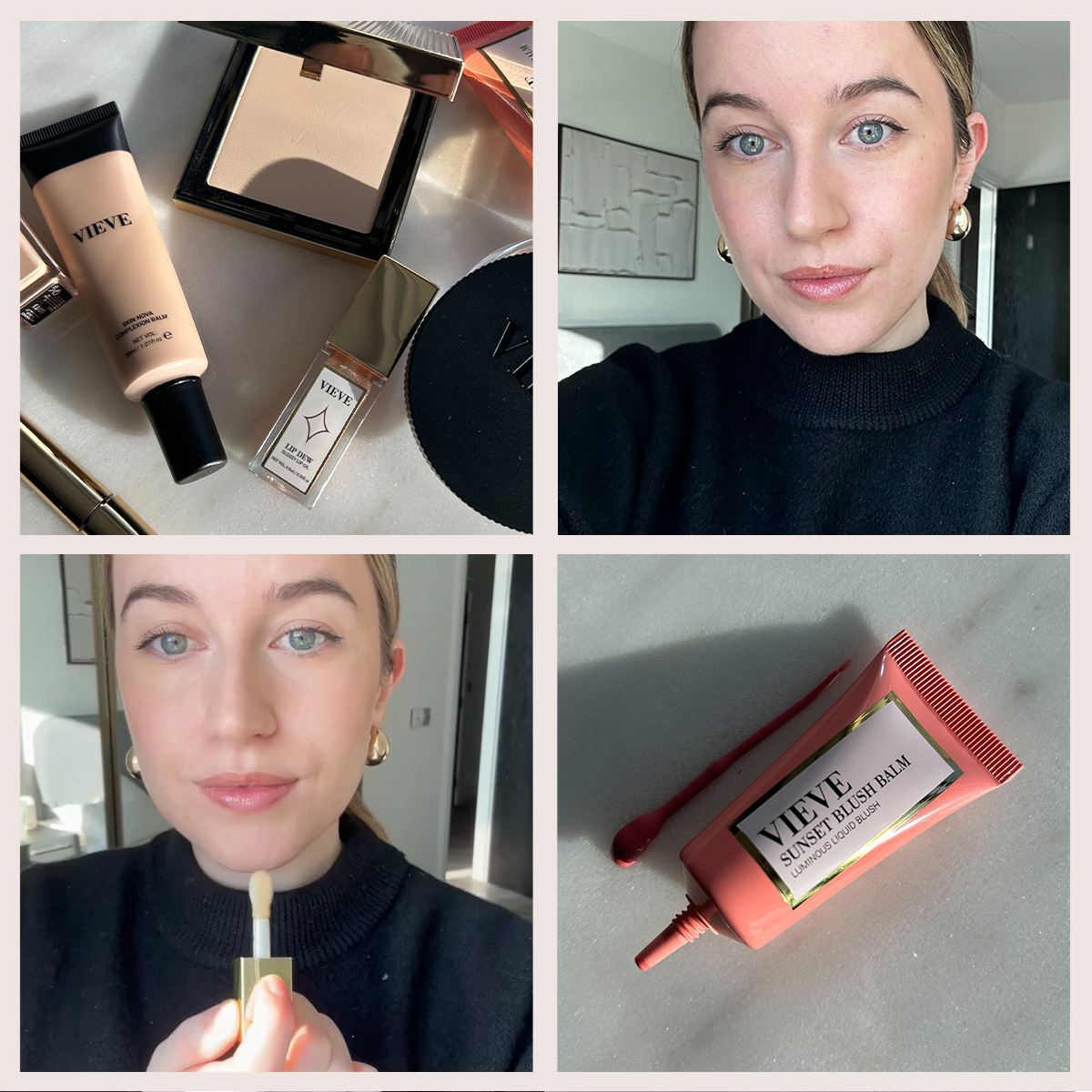 I Just Tried a Full Face of Vieve Makeup—These Are the Best Products I'd Actually Buy
I Just Tried a Full Face of Vieve Makeup—These Are the Best Products I'd Actually BuyIs this brand worth the hype?
By Grace Lindsay
-
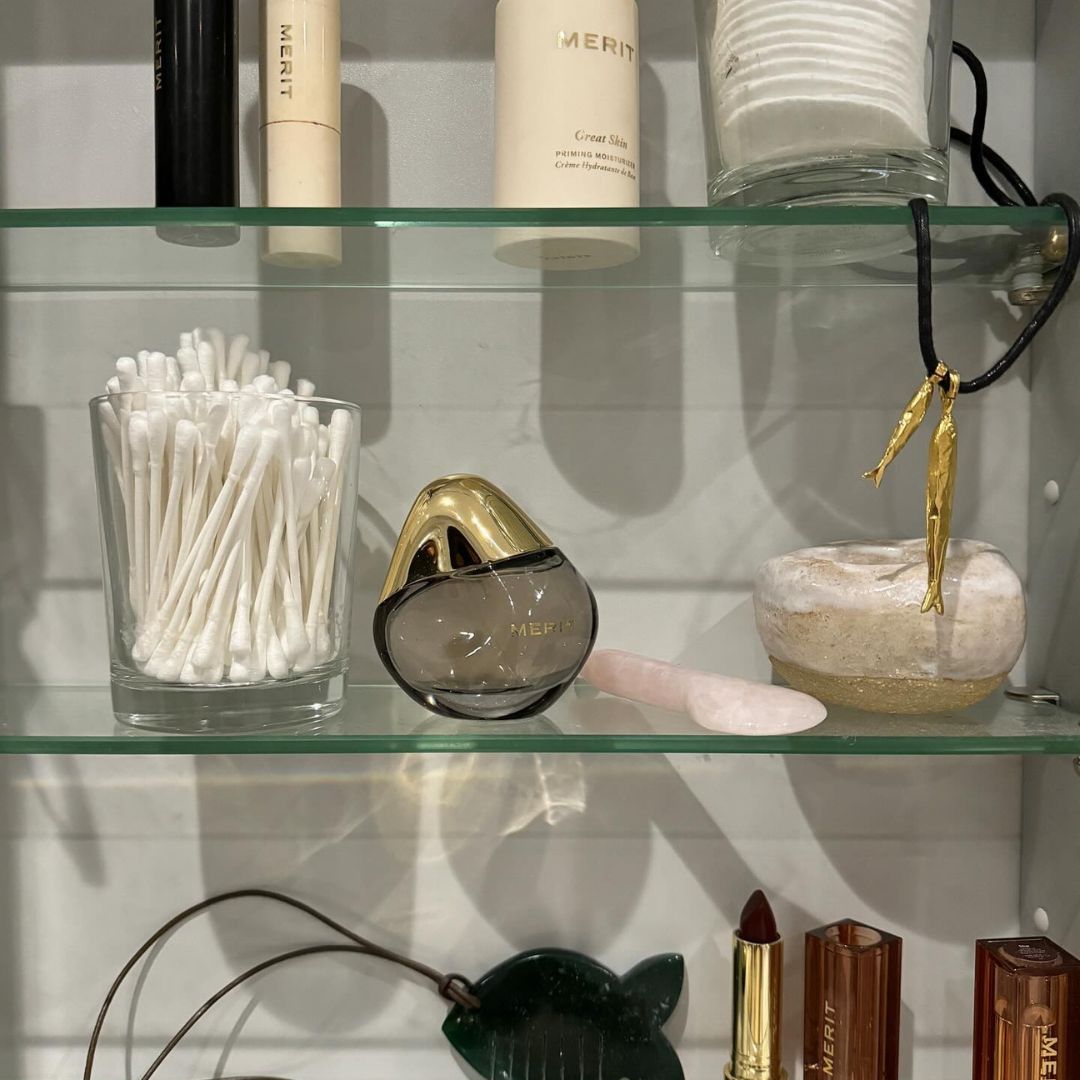 I'm a Fragrance Expert—Trust Me: These 9 Perfumes Will Be on Everyone's Necks This Year
I'm a Fragrance Expert—Trust Me: These 9 Perfumes Will Be on Everyone's Necks This YearI've analysed the data.
By Shannon Lawlor
